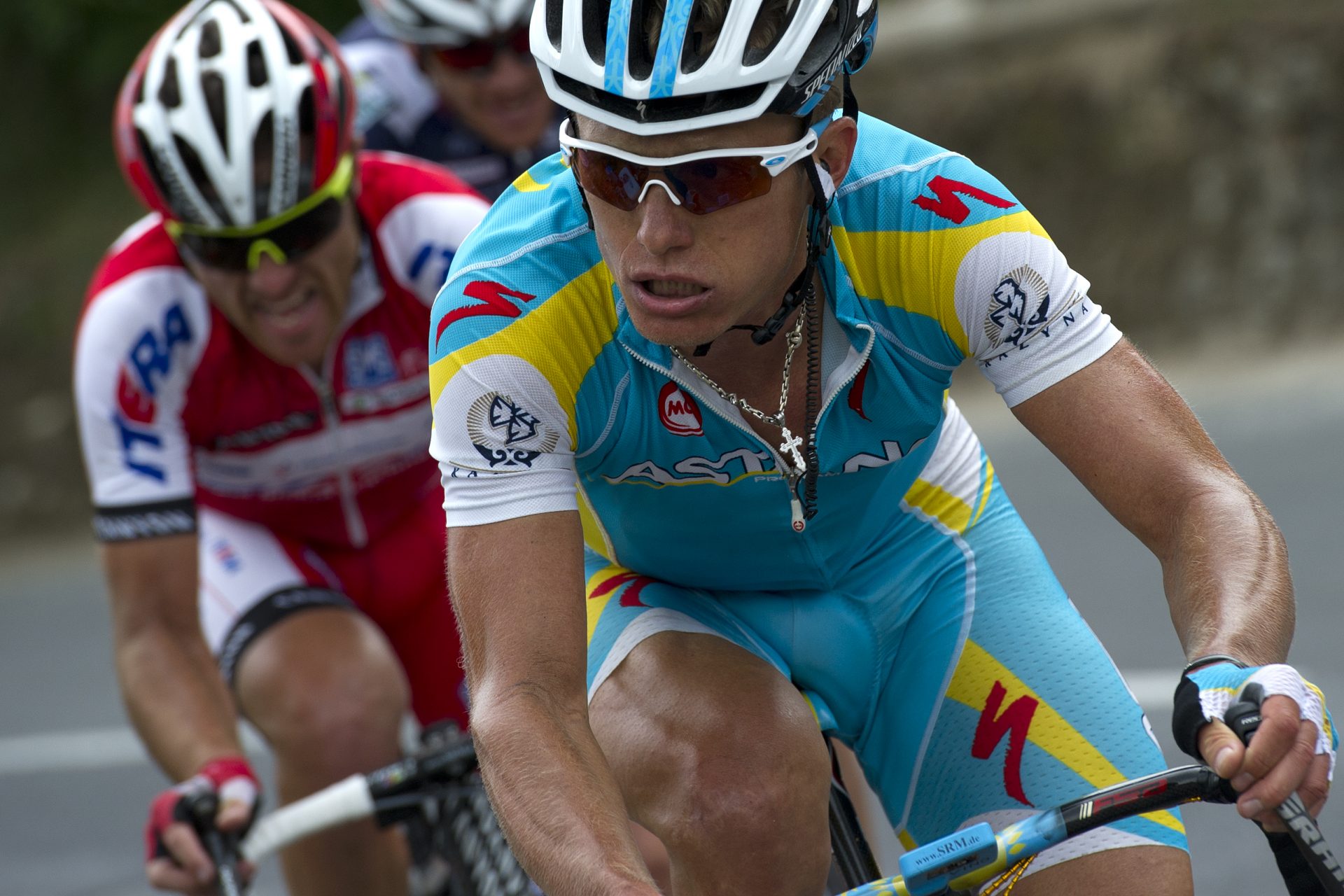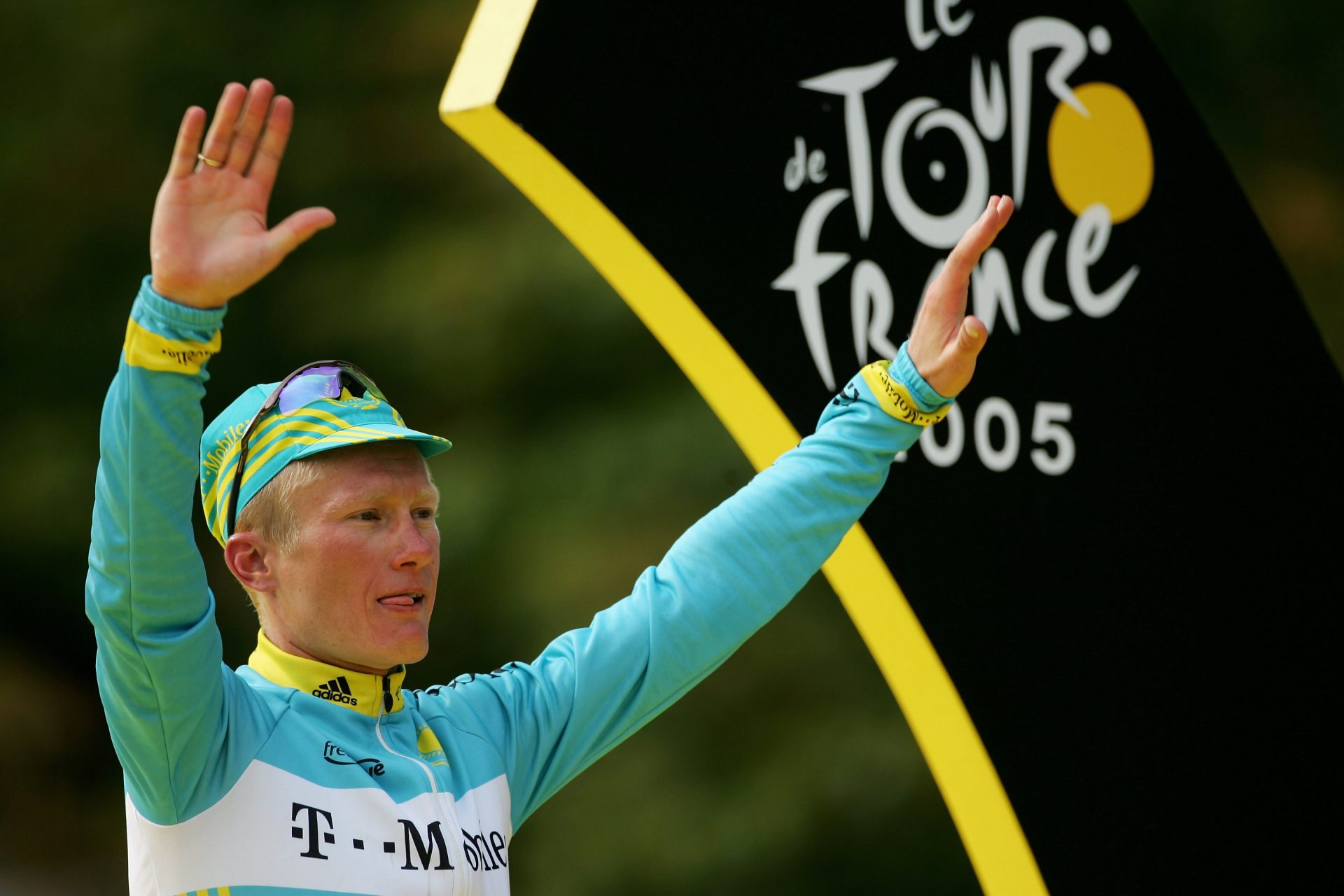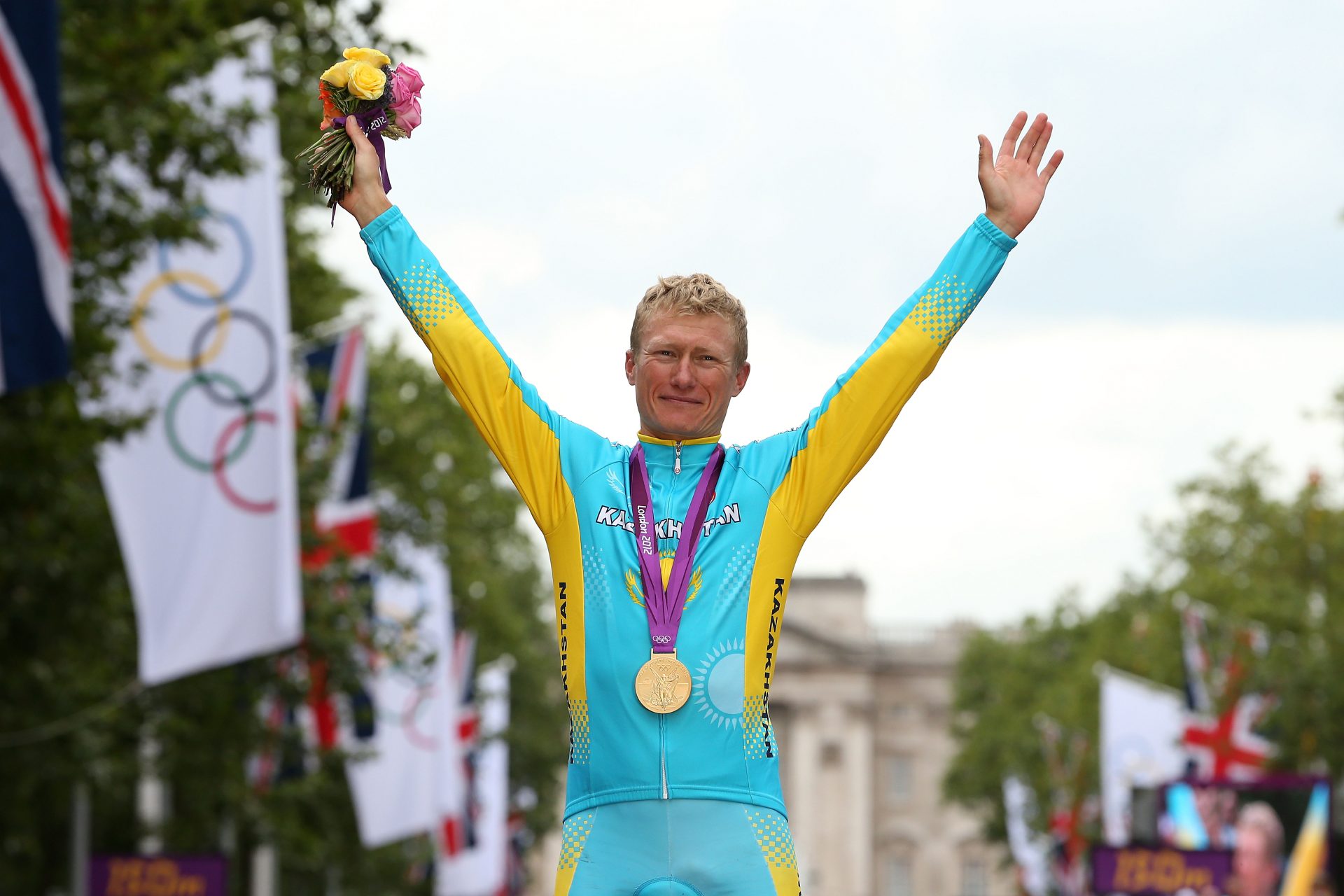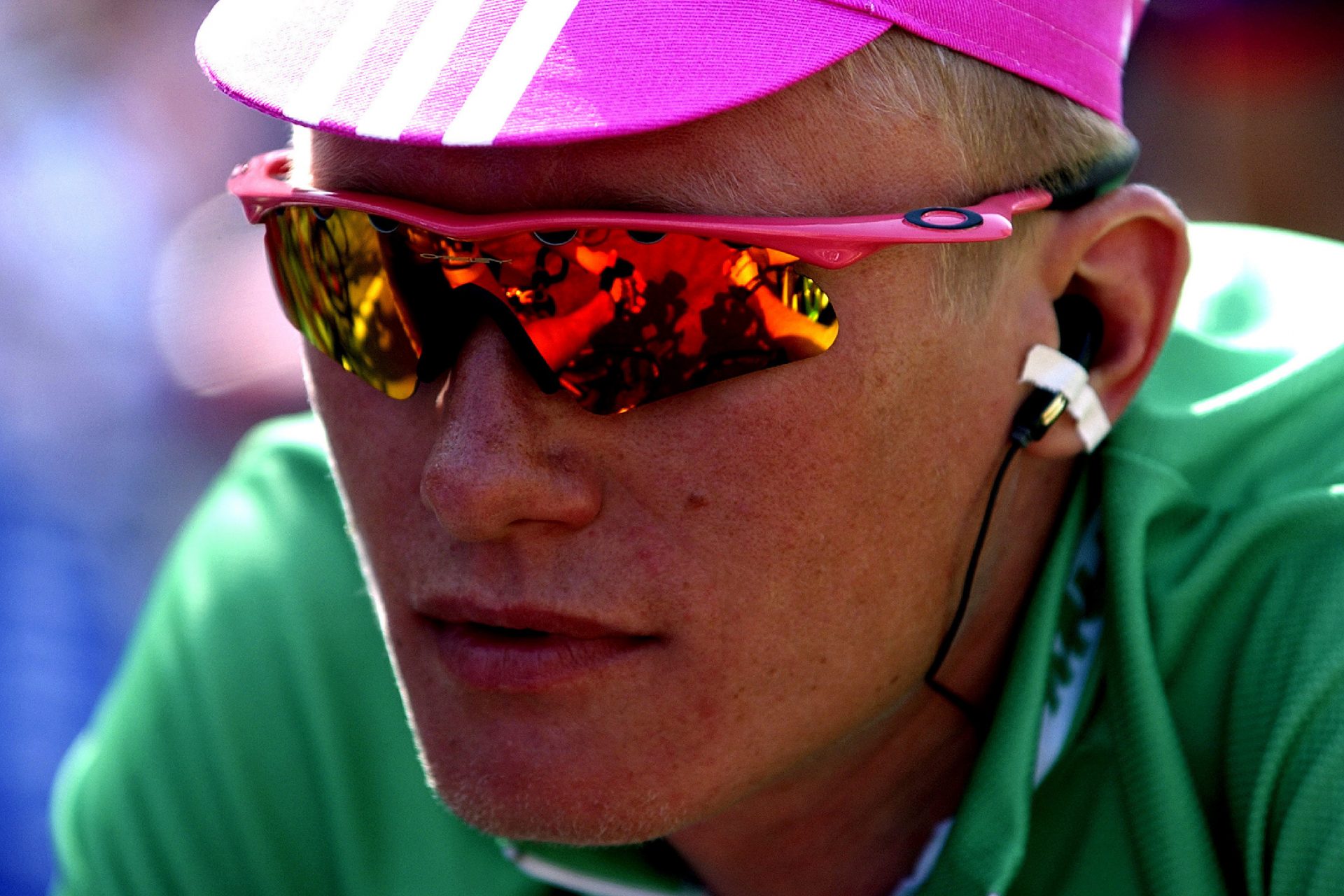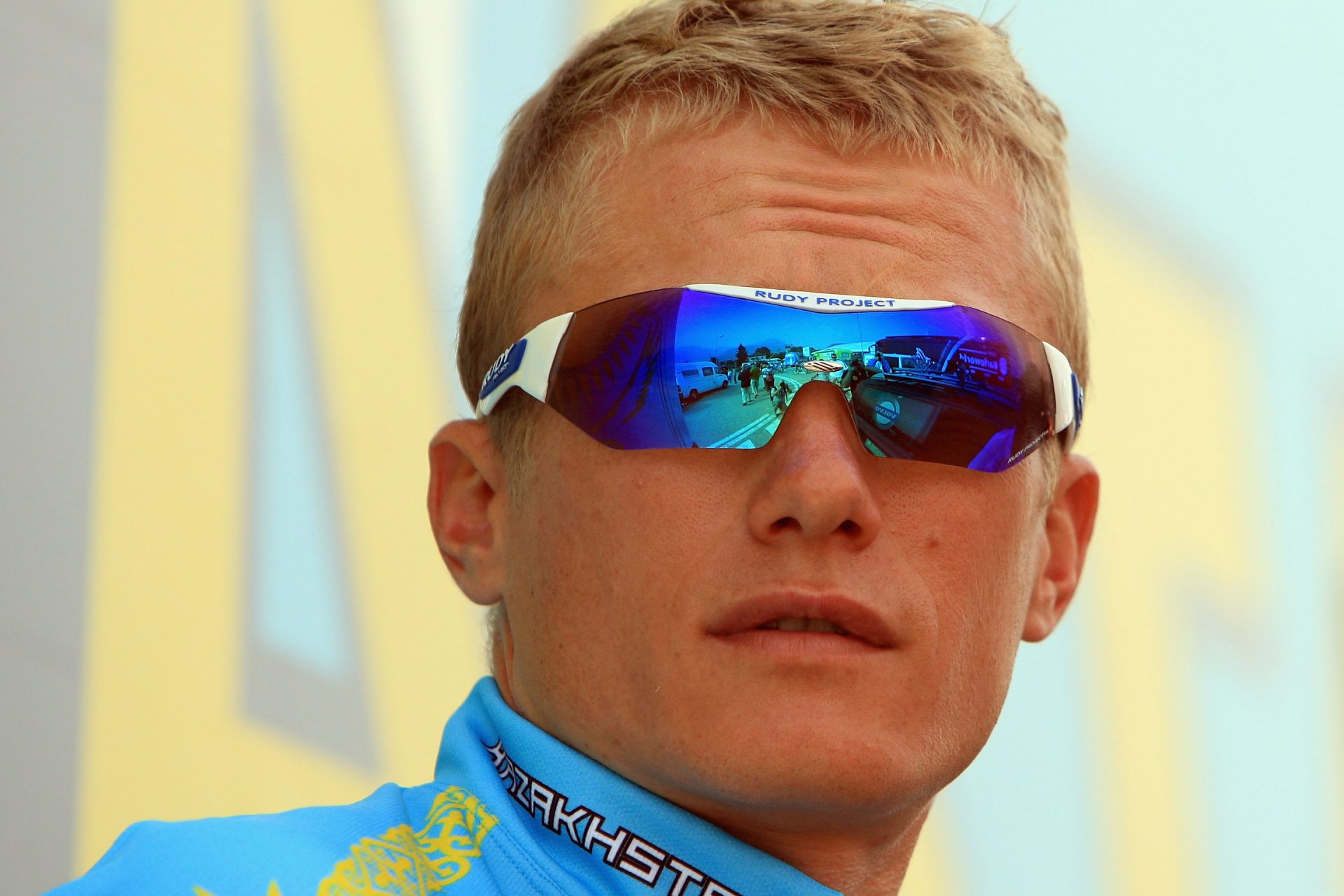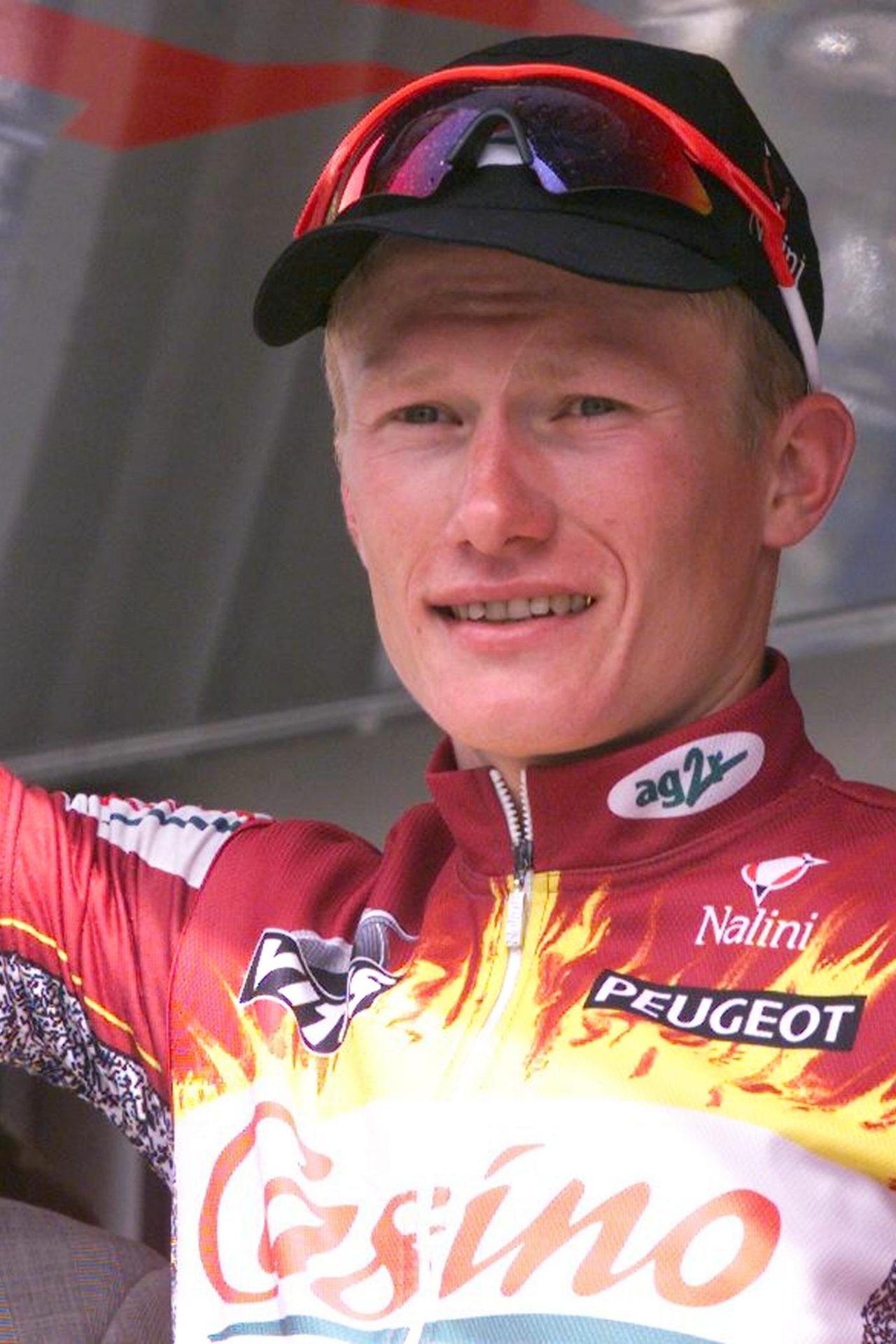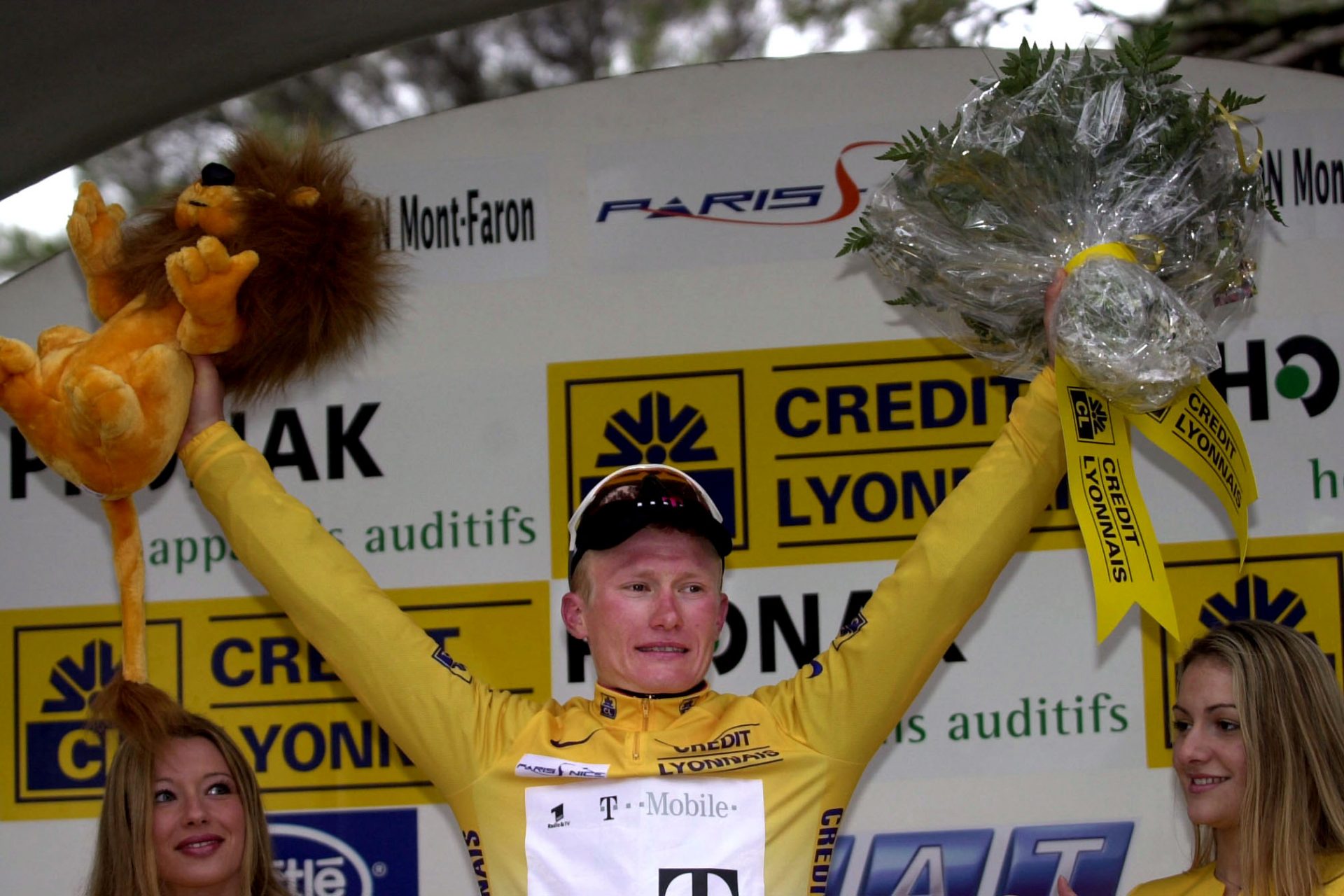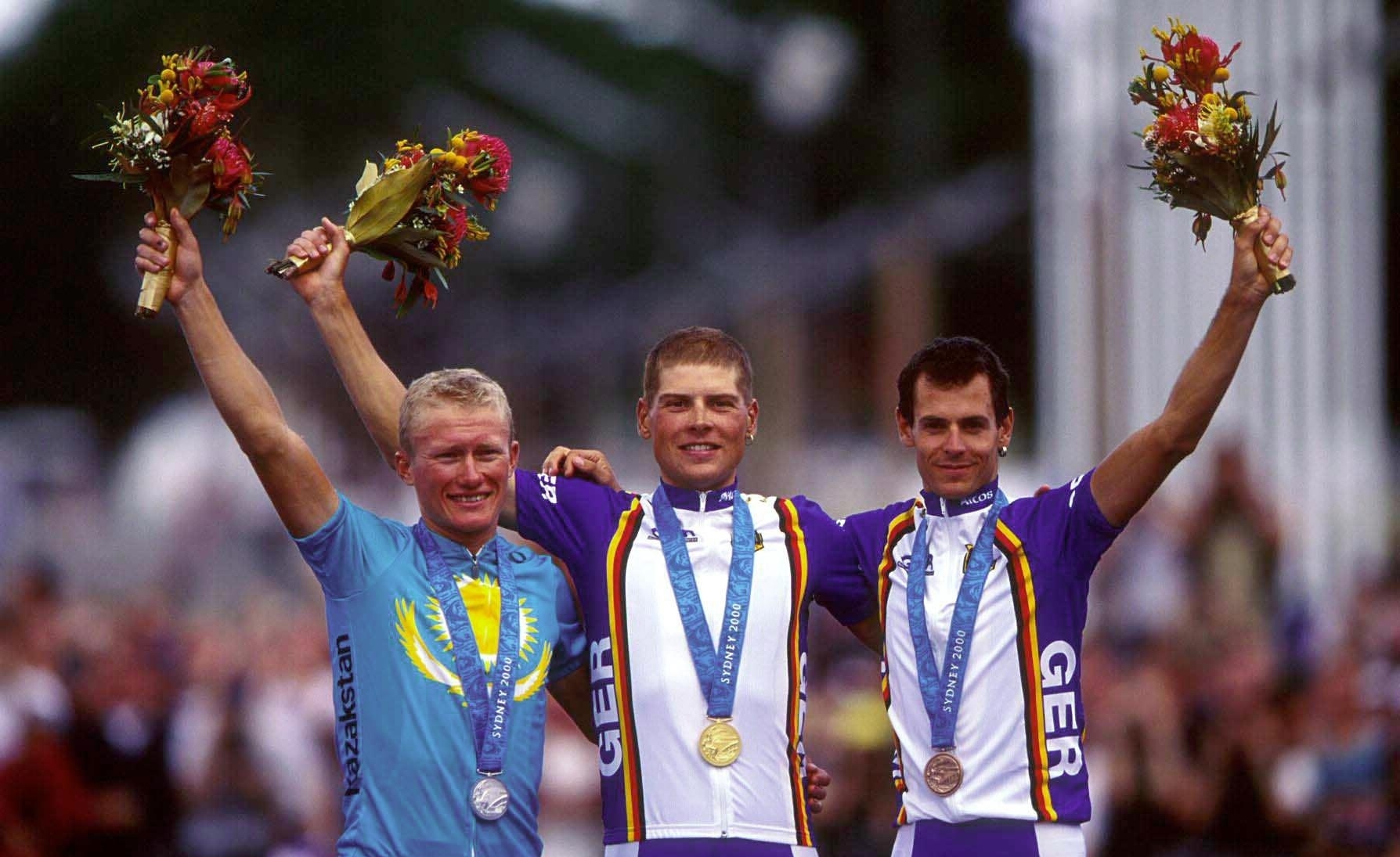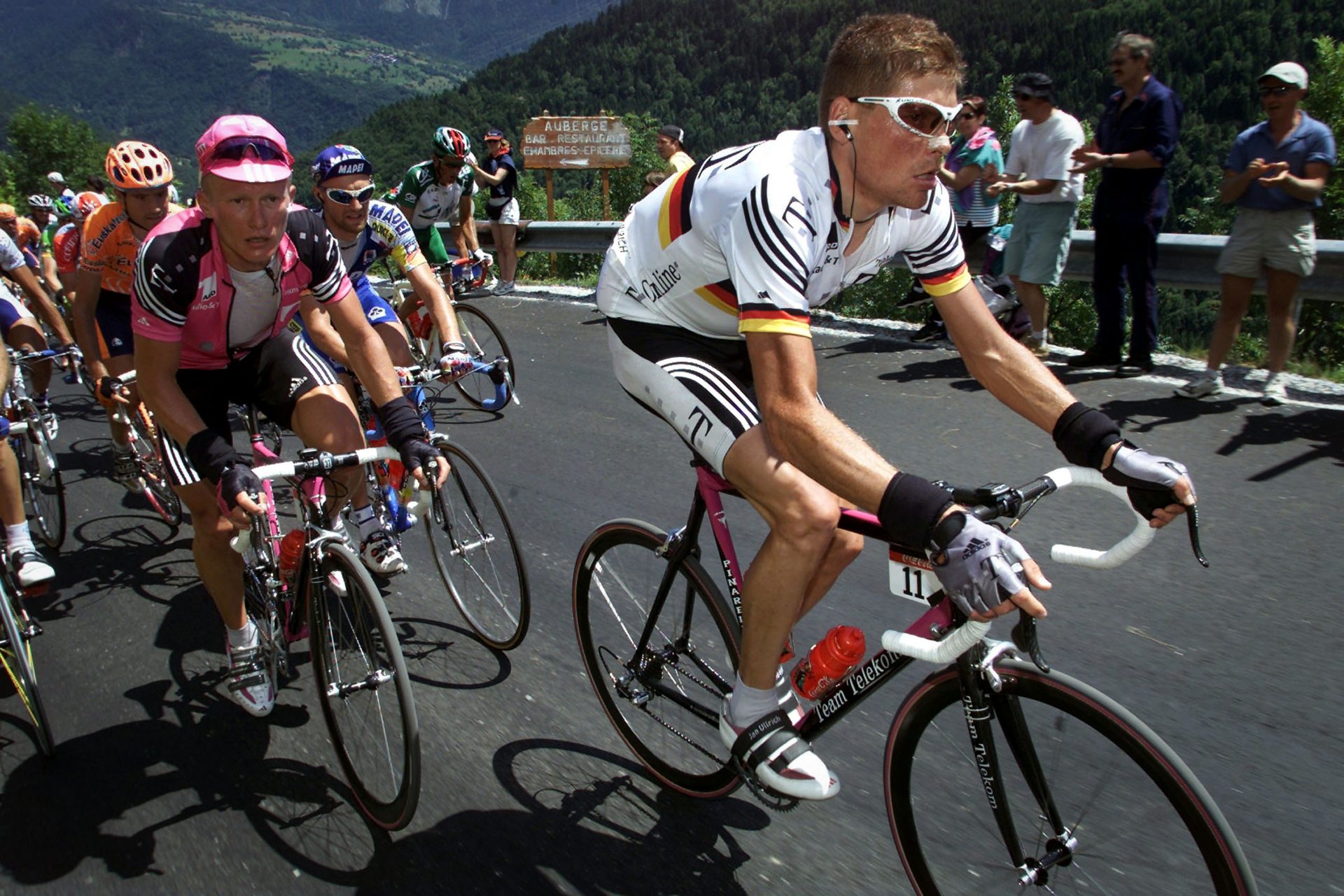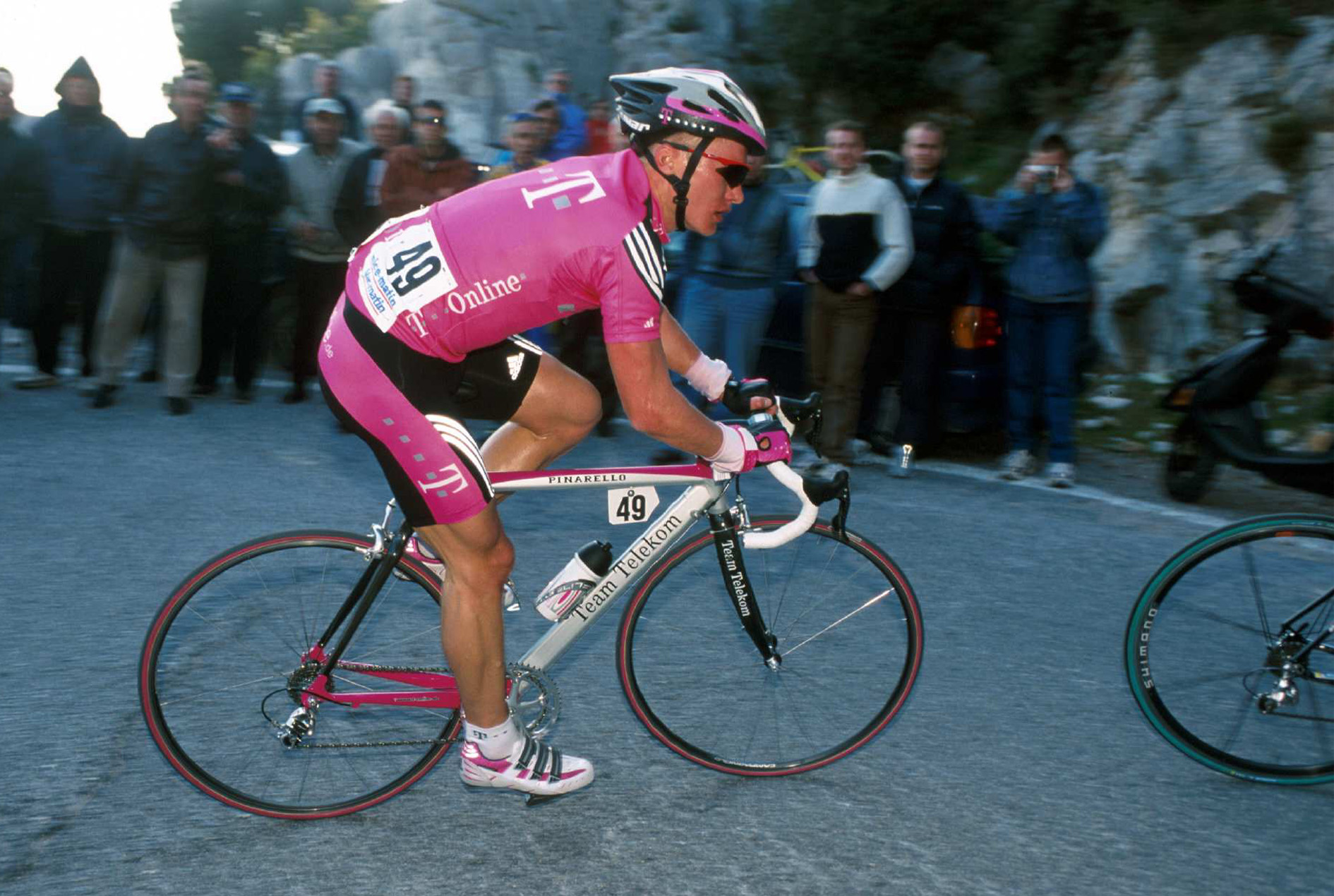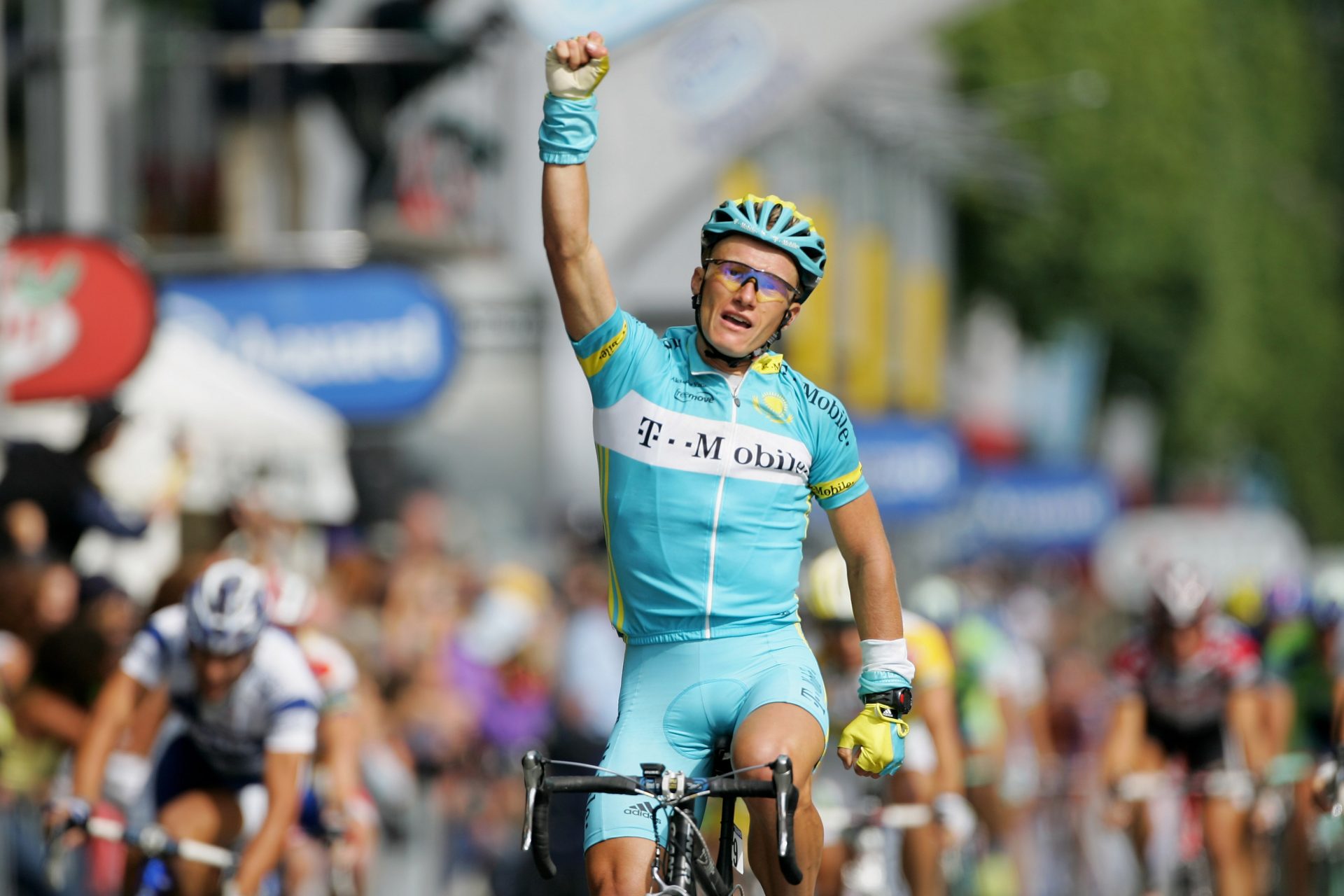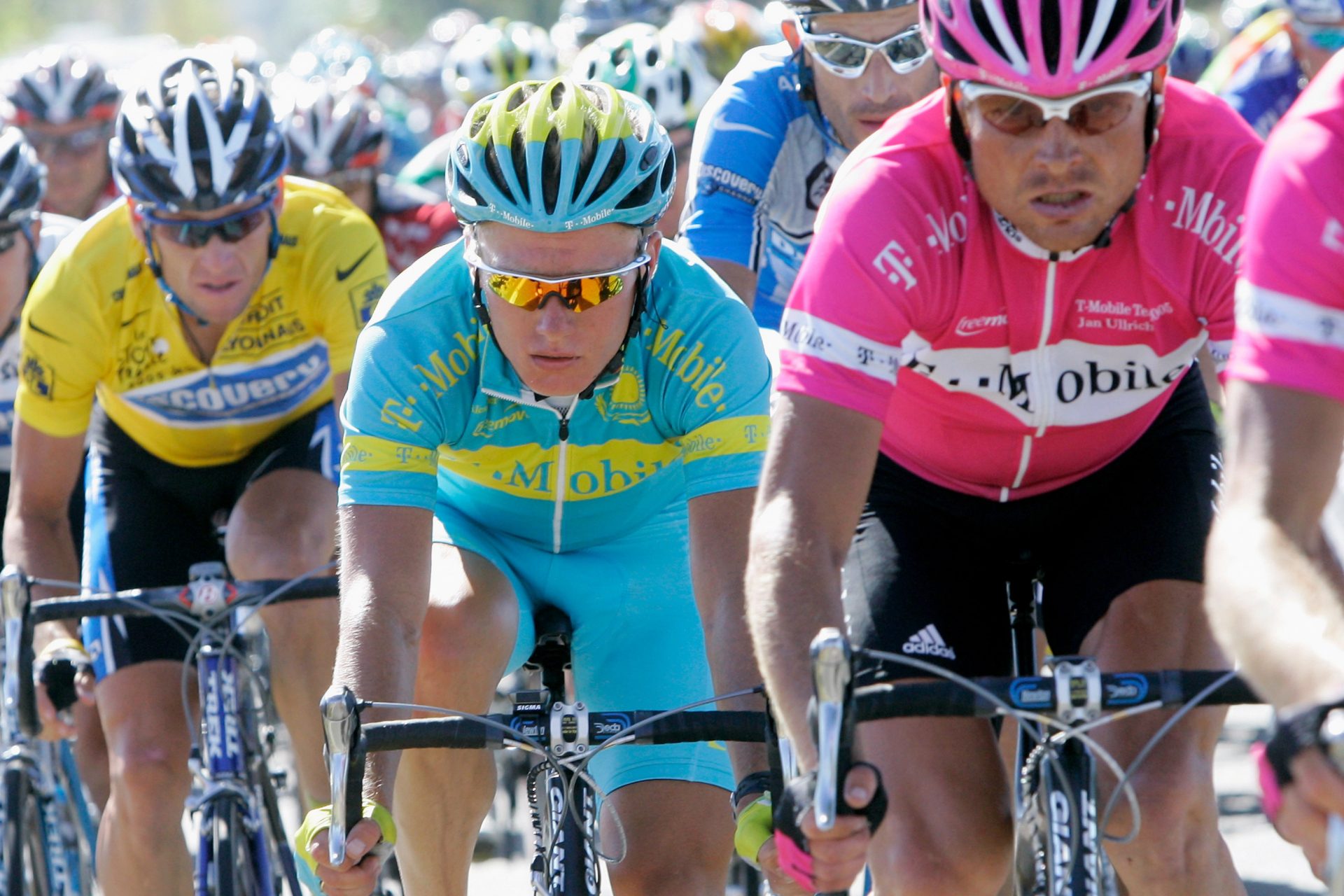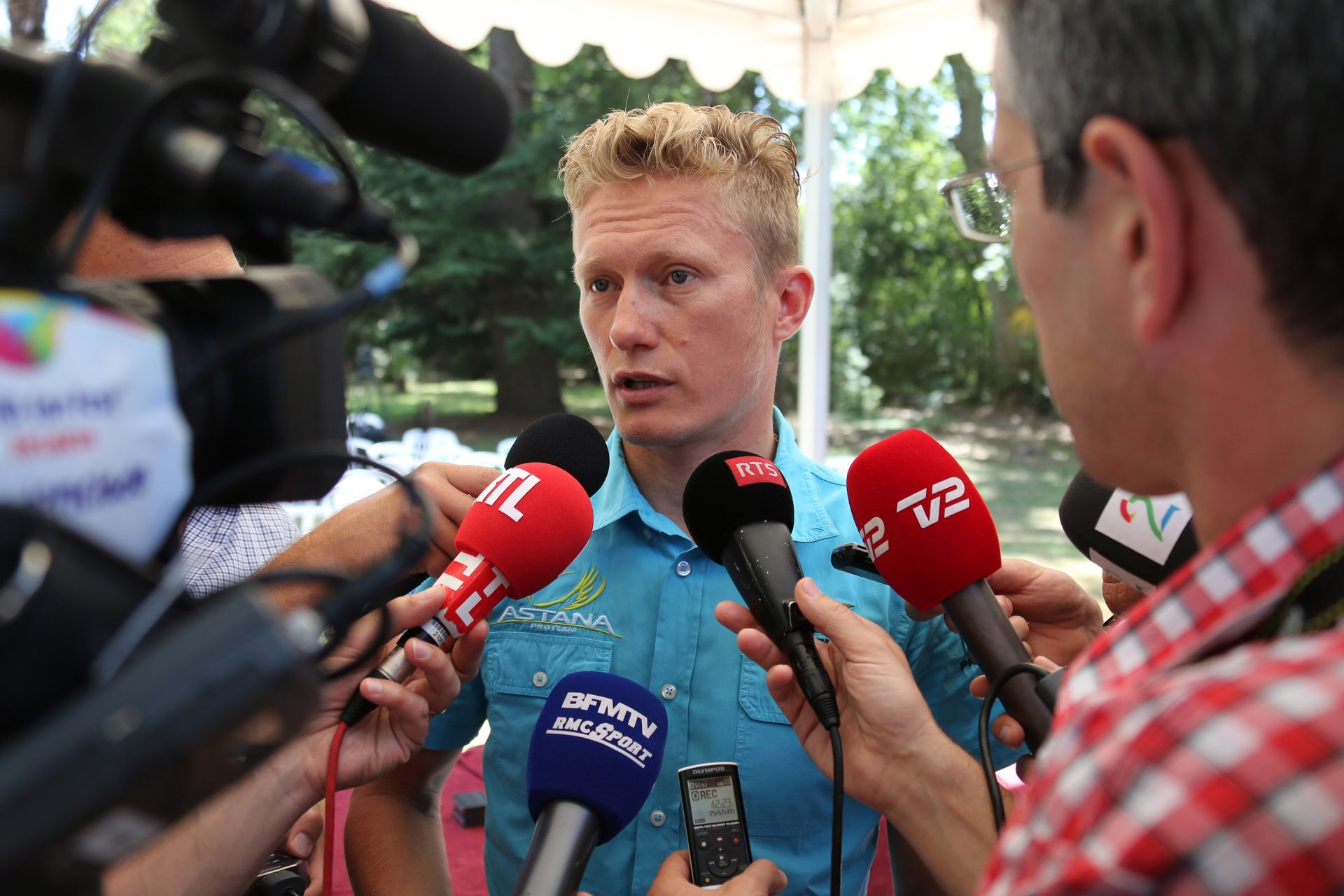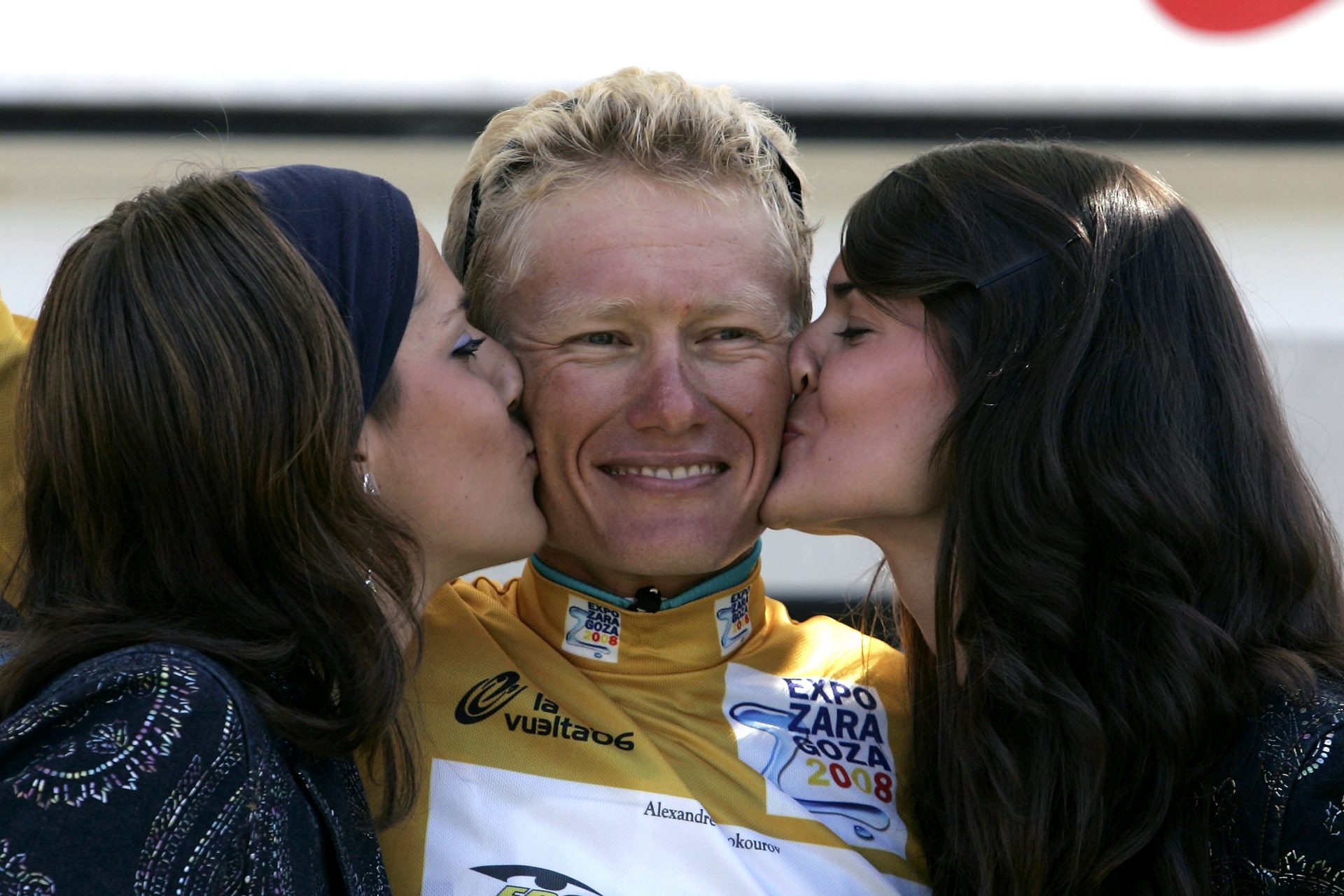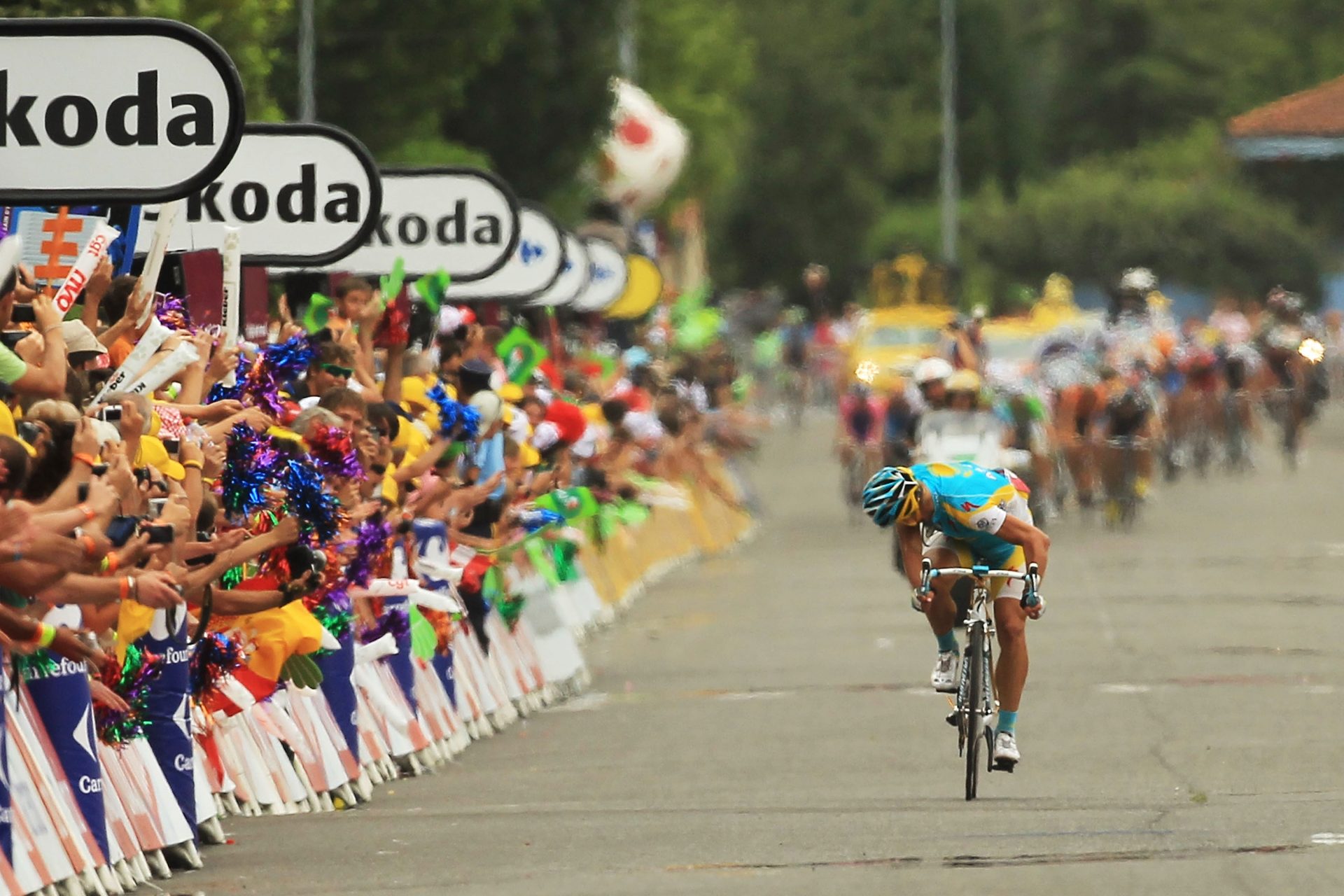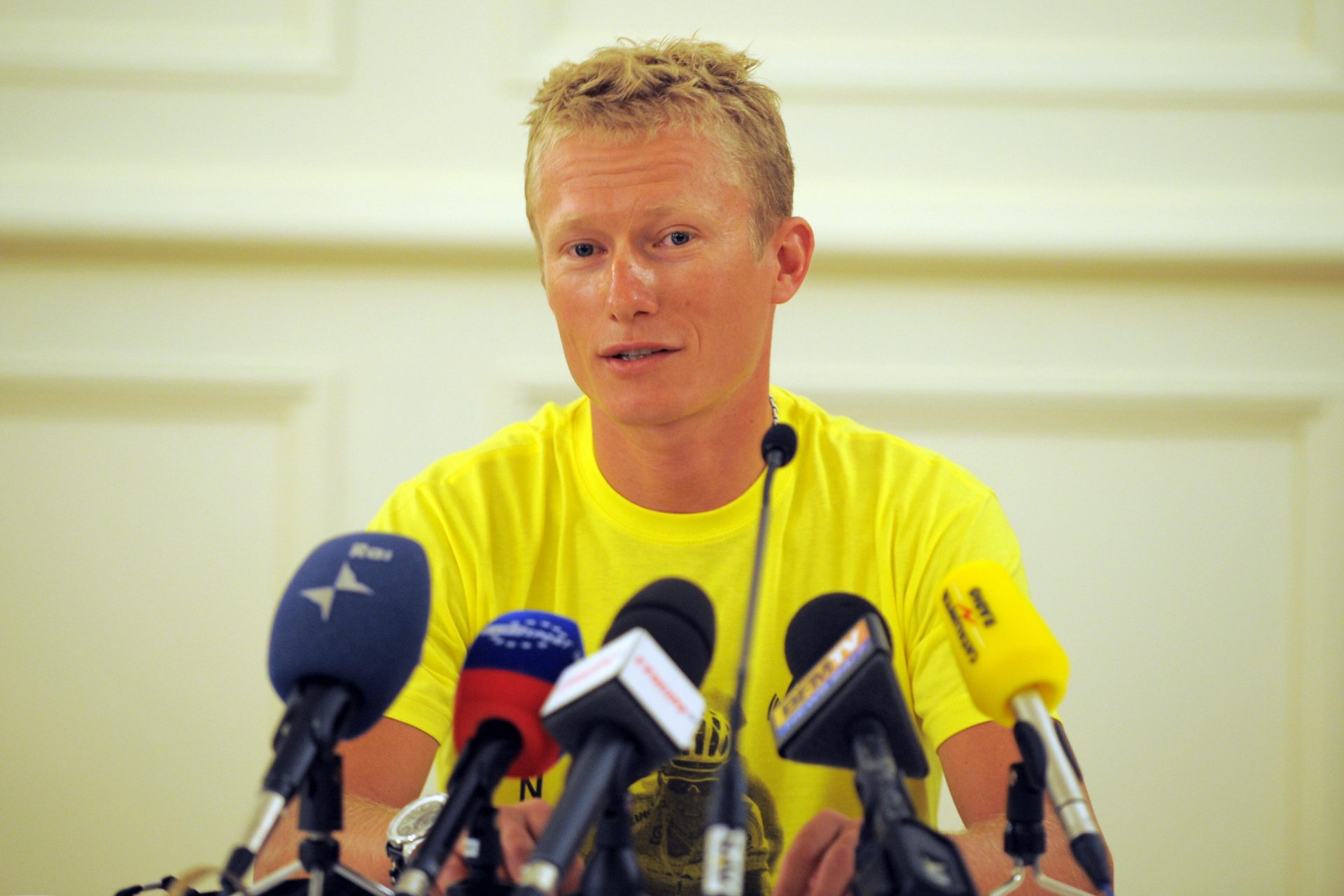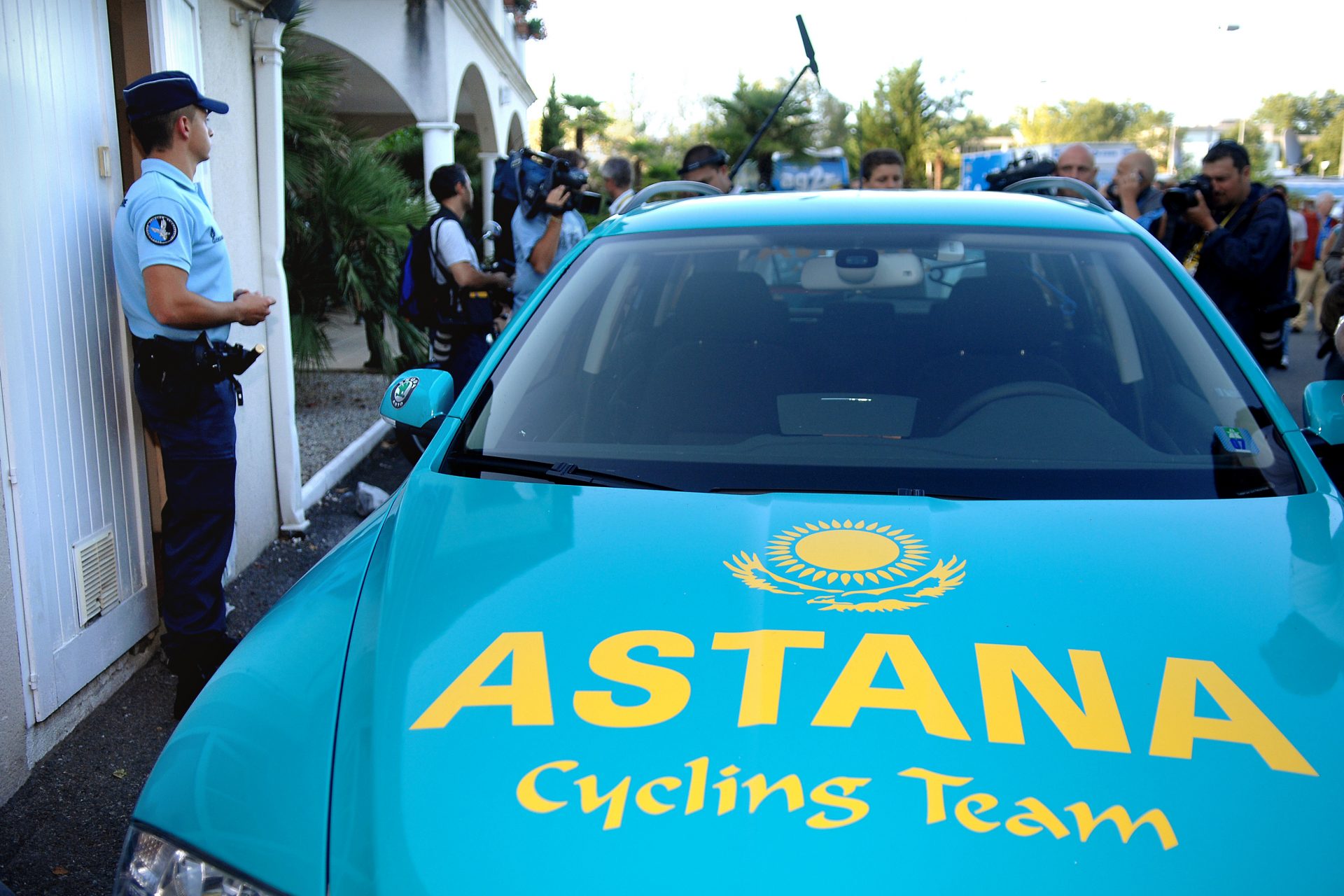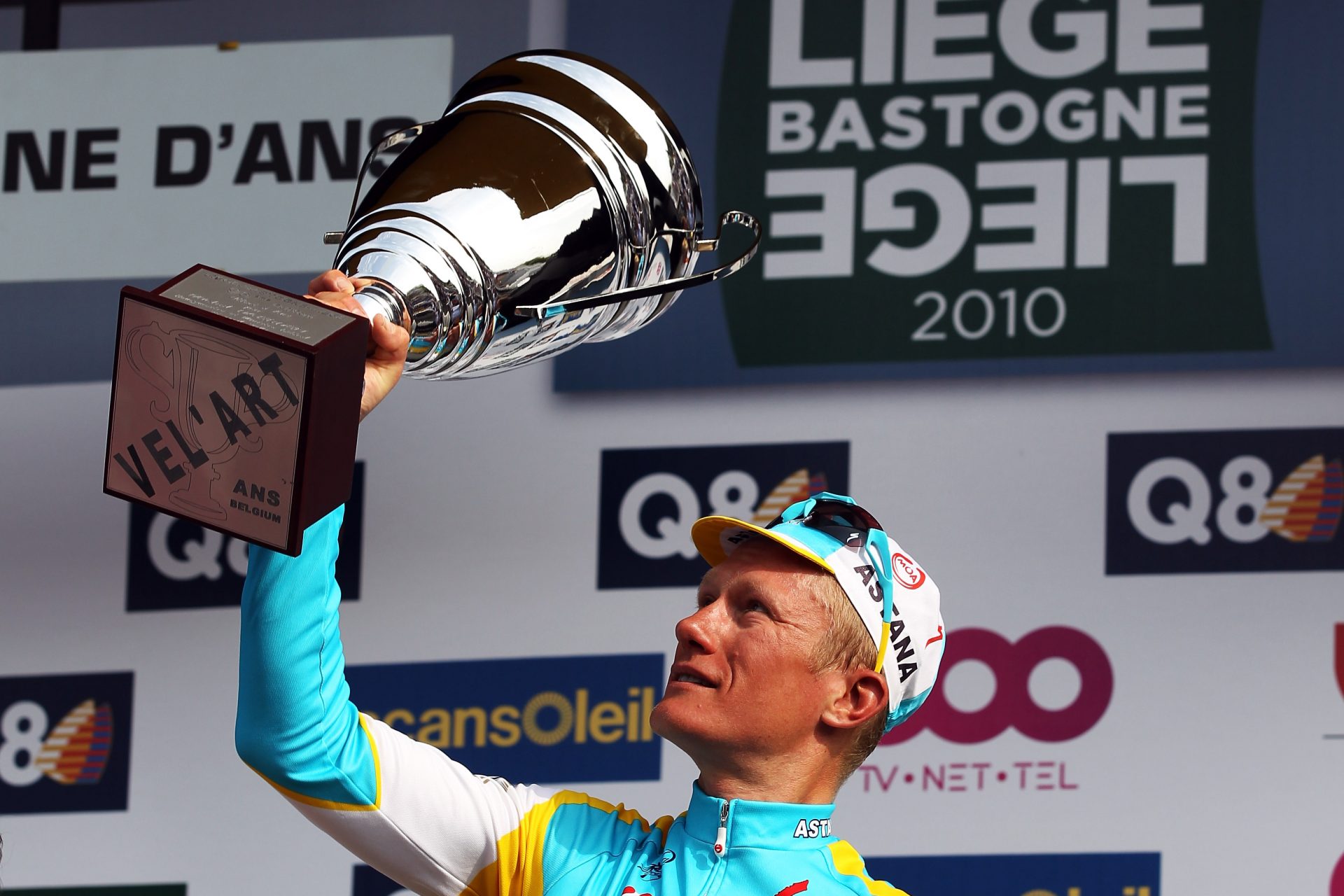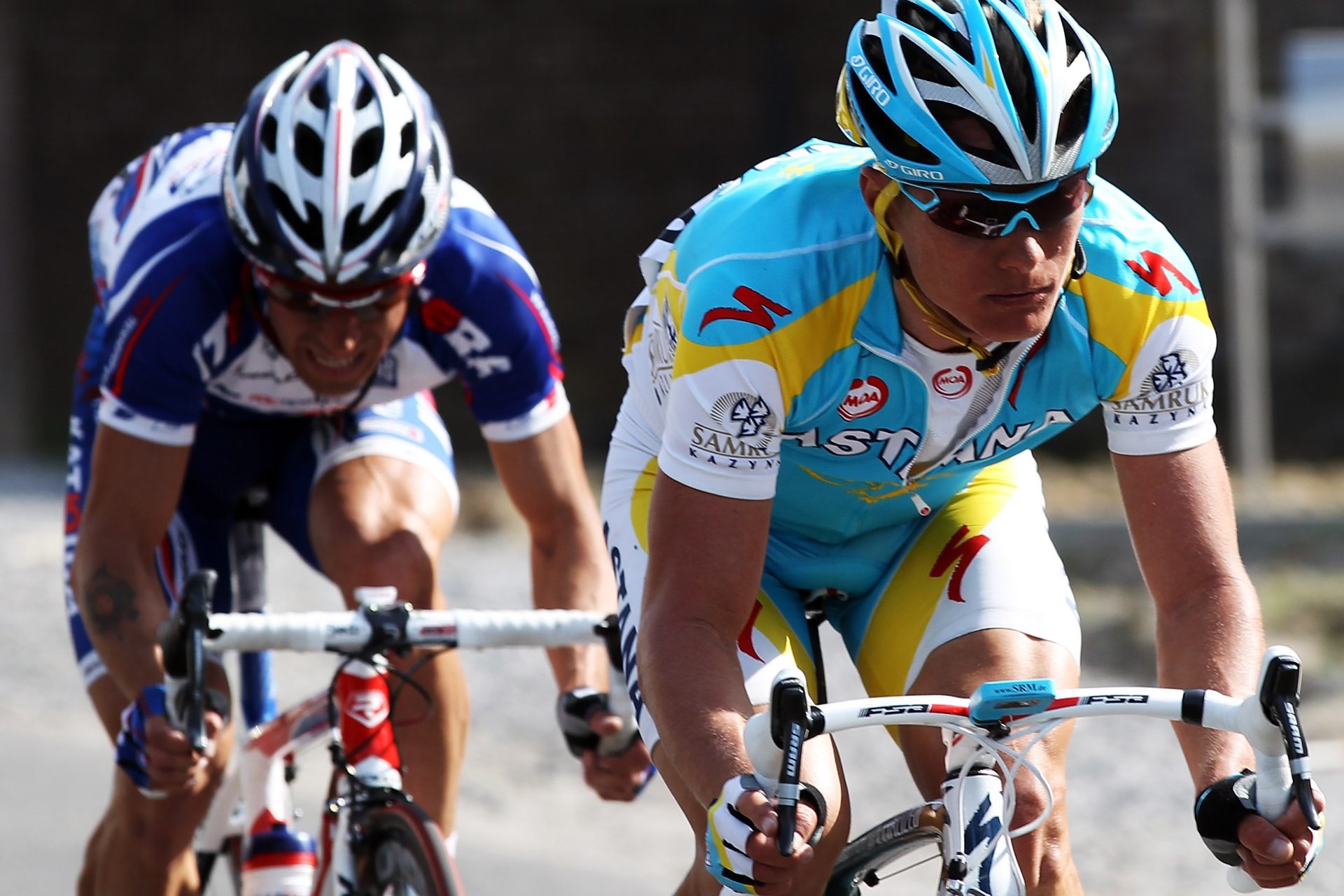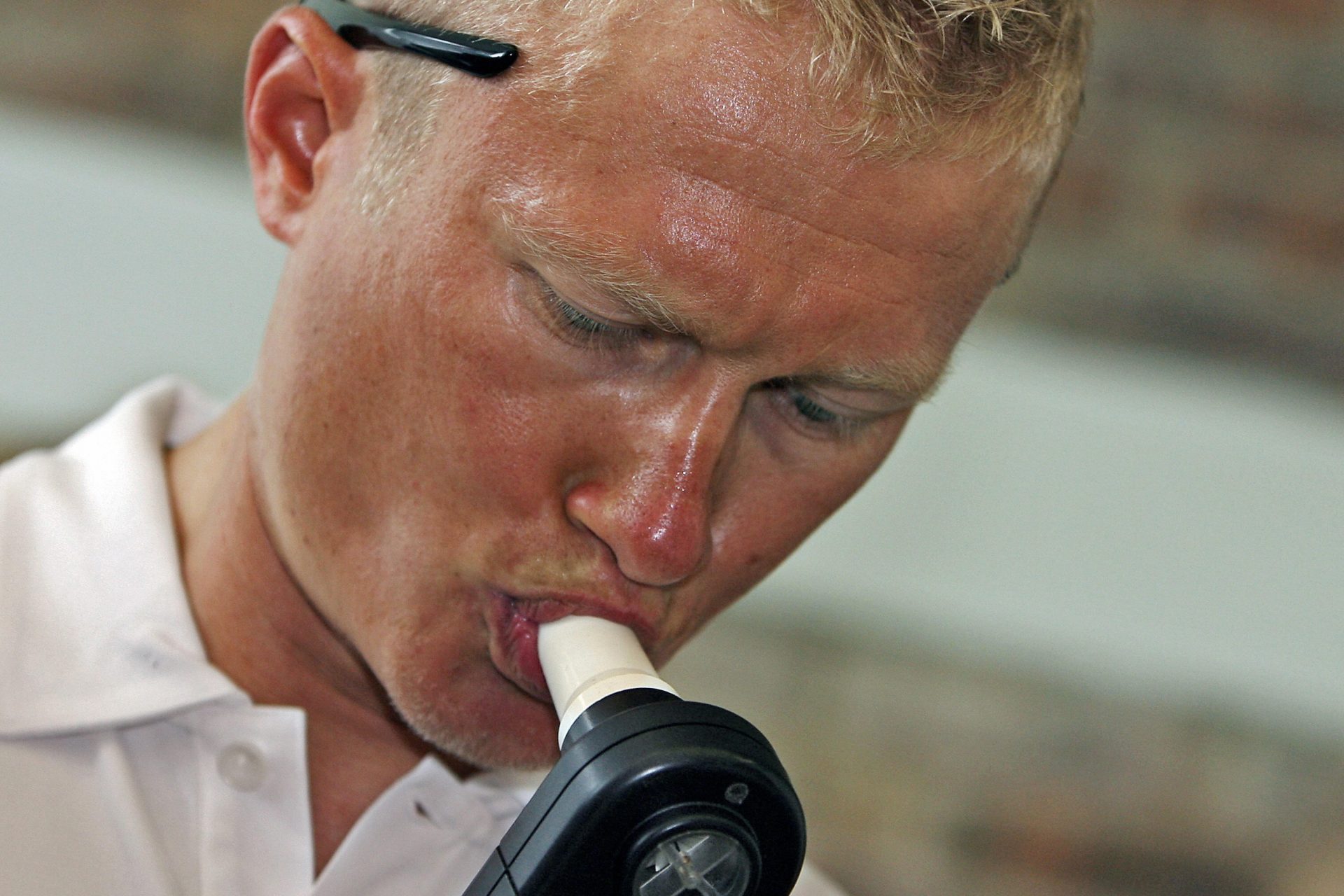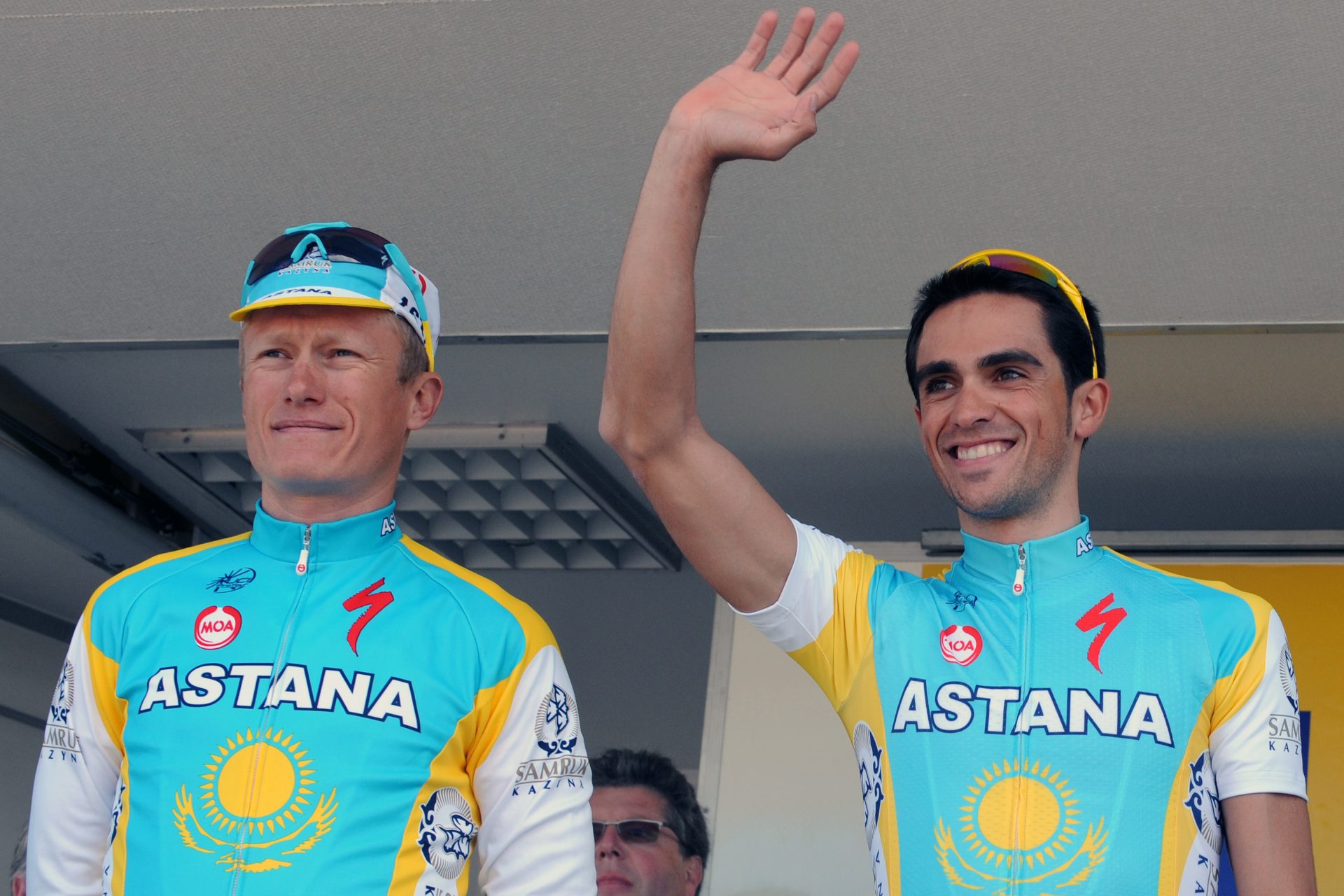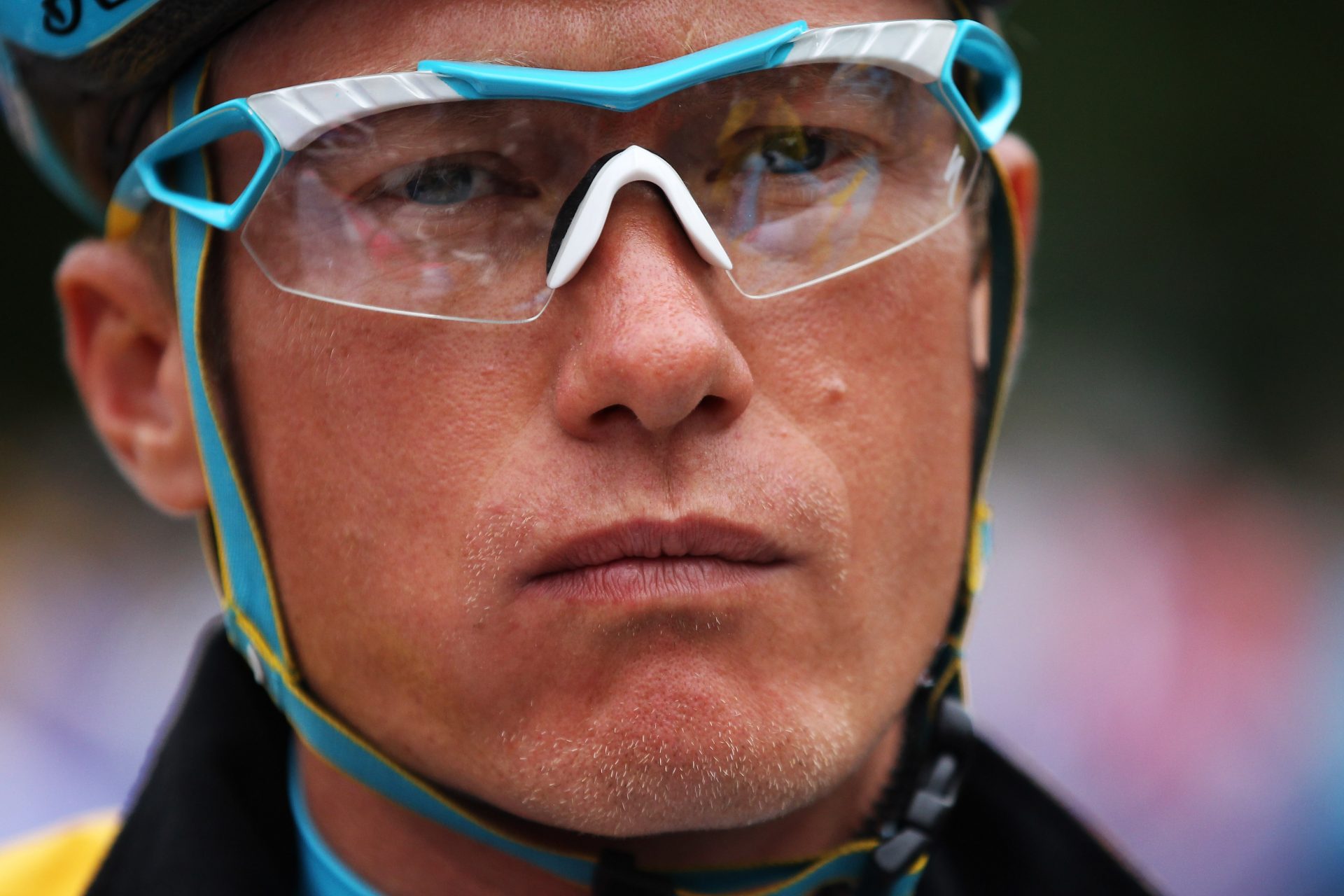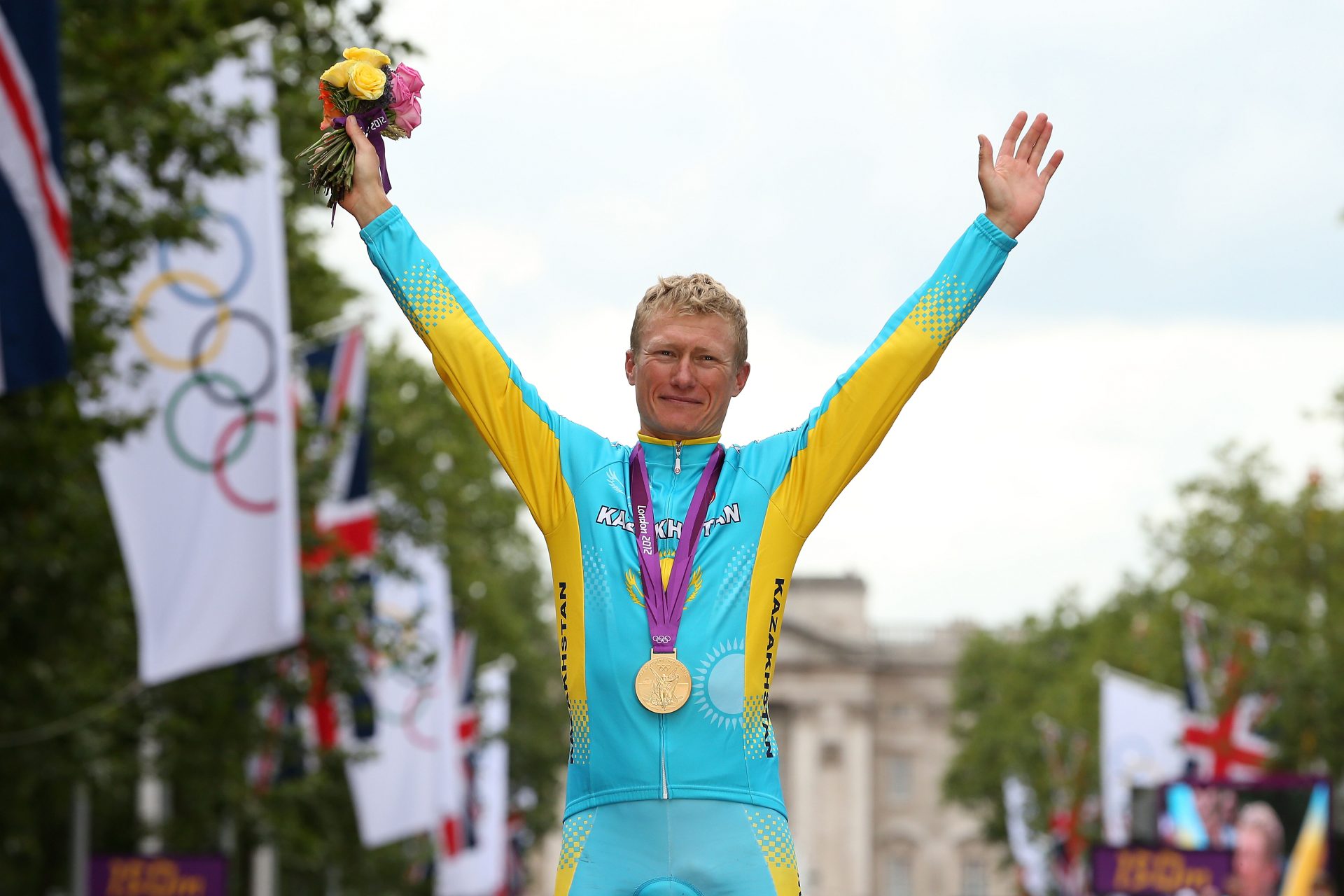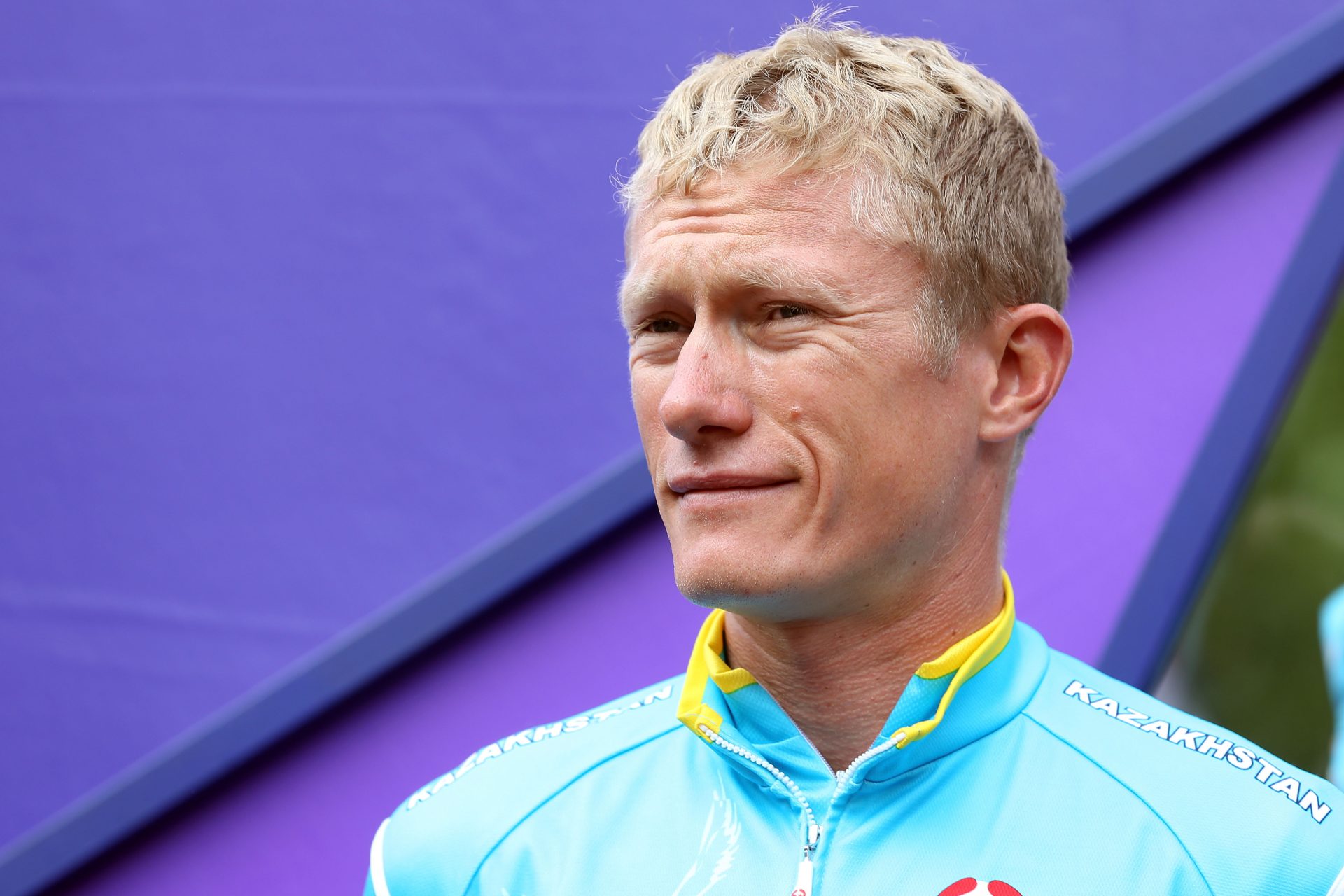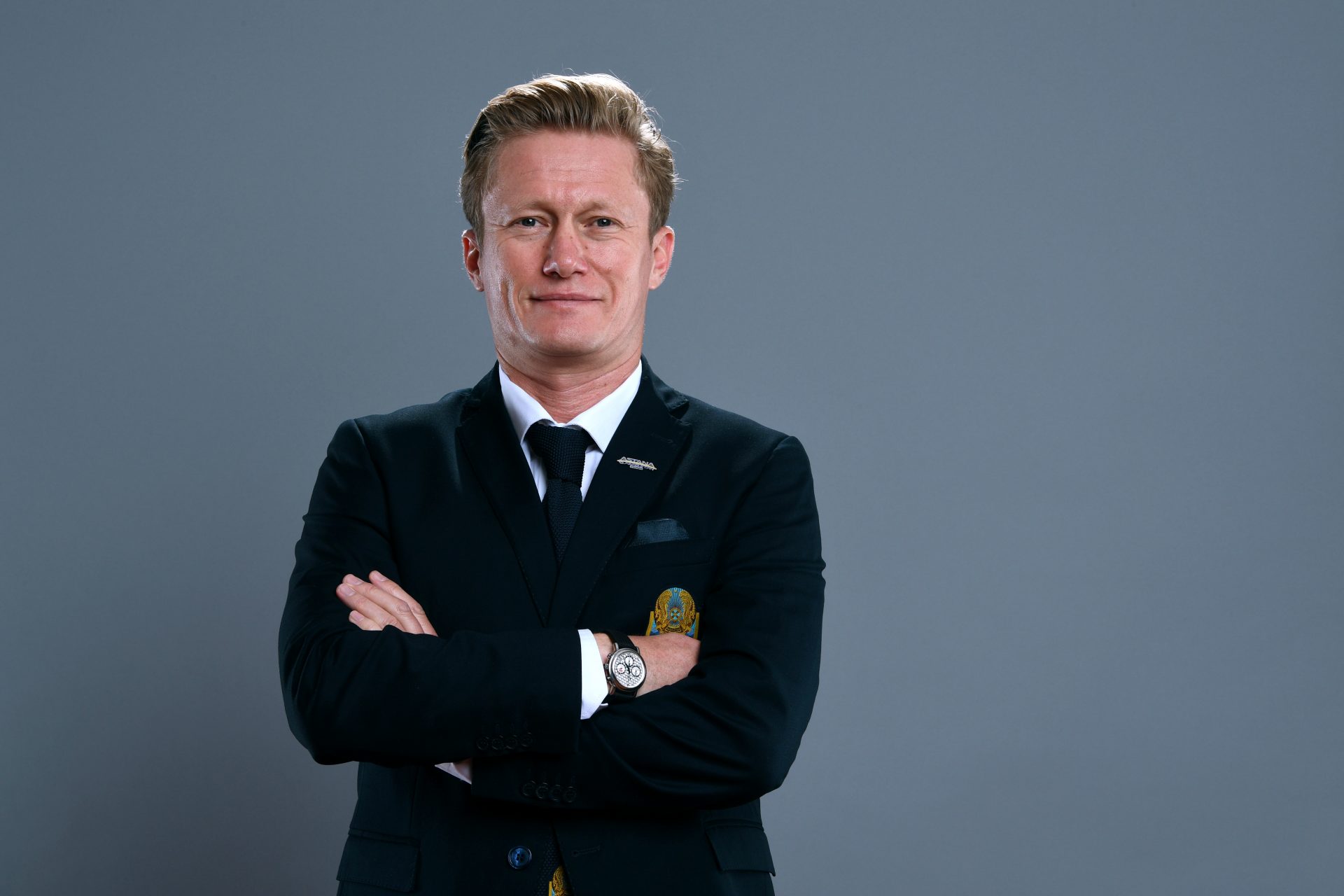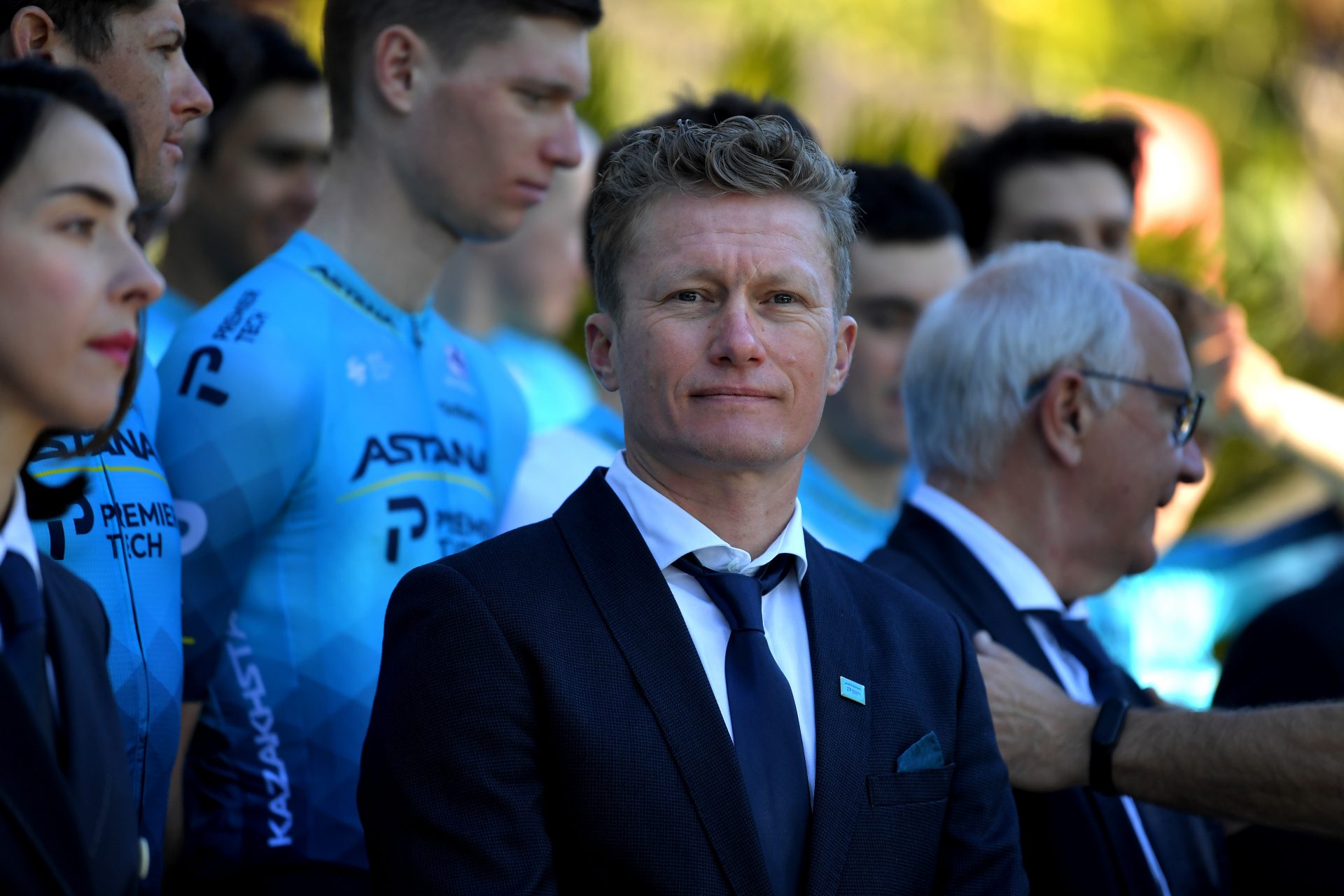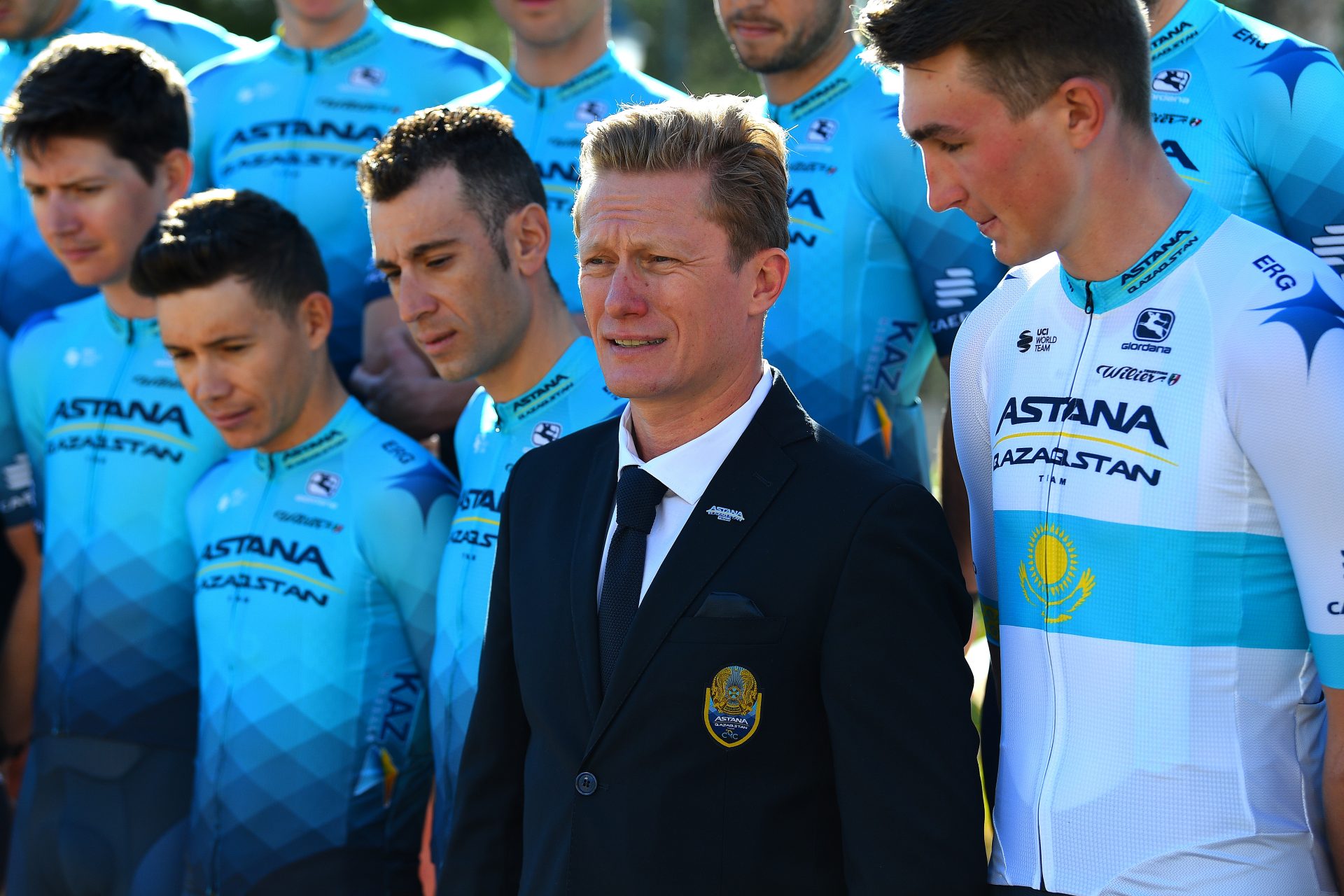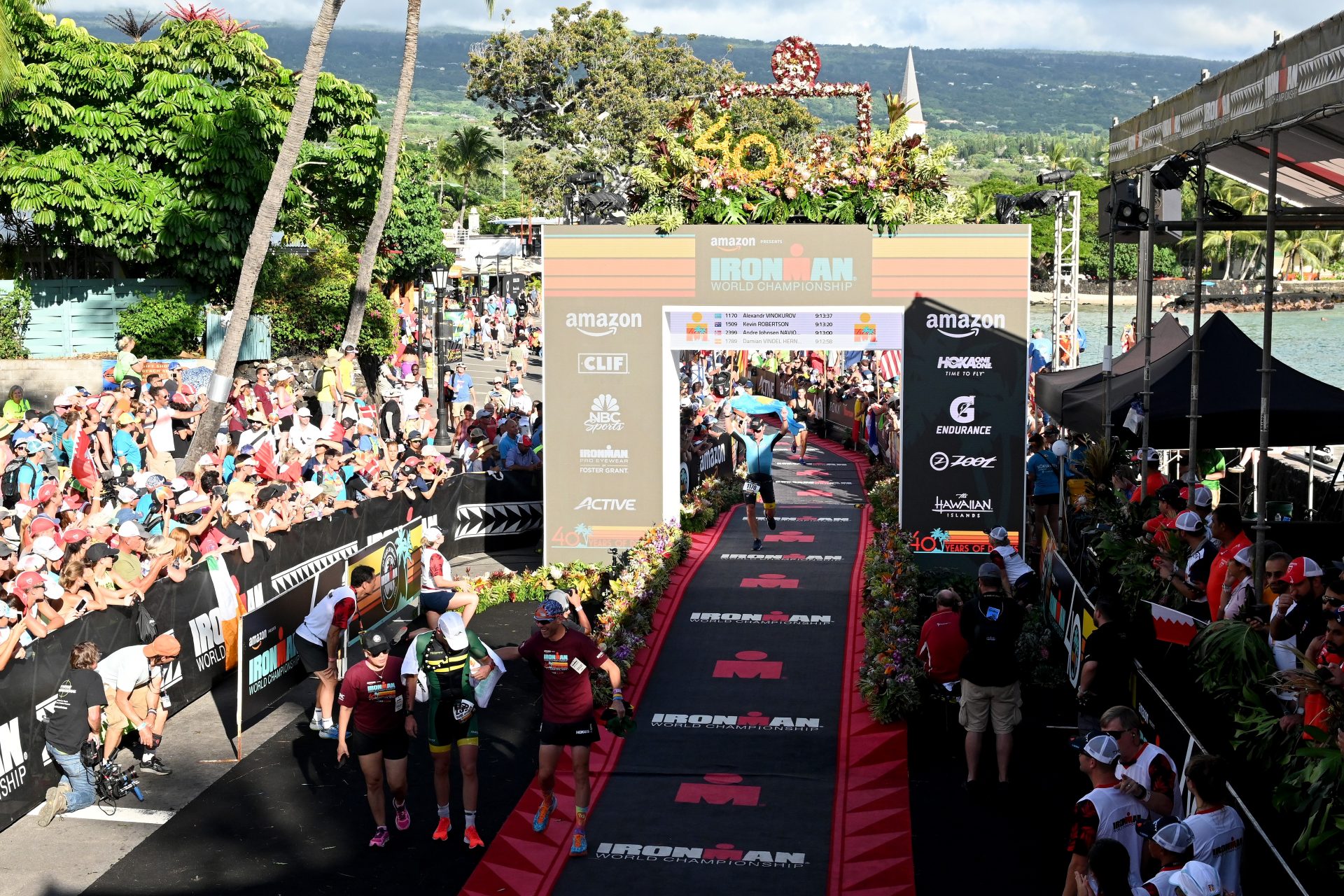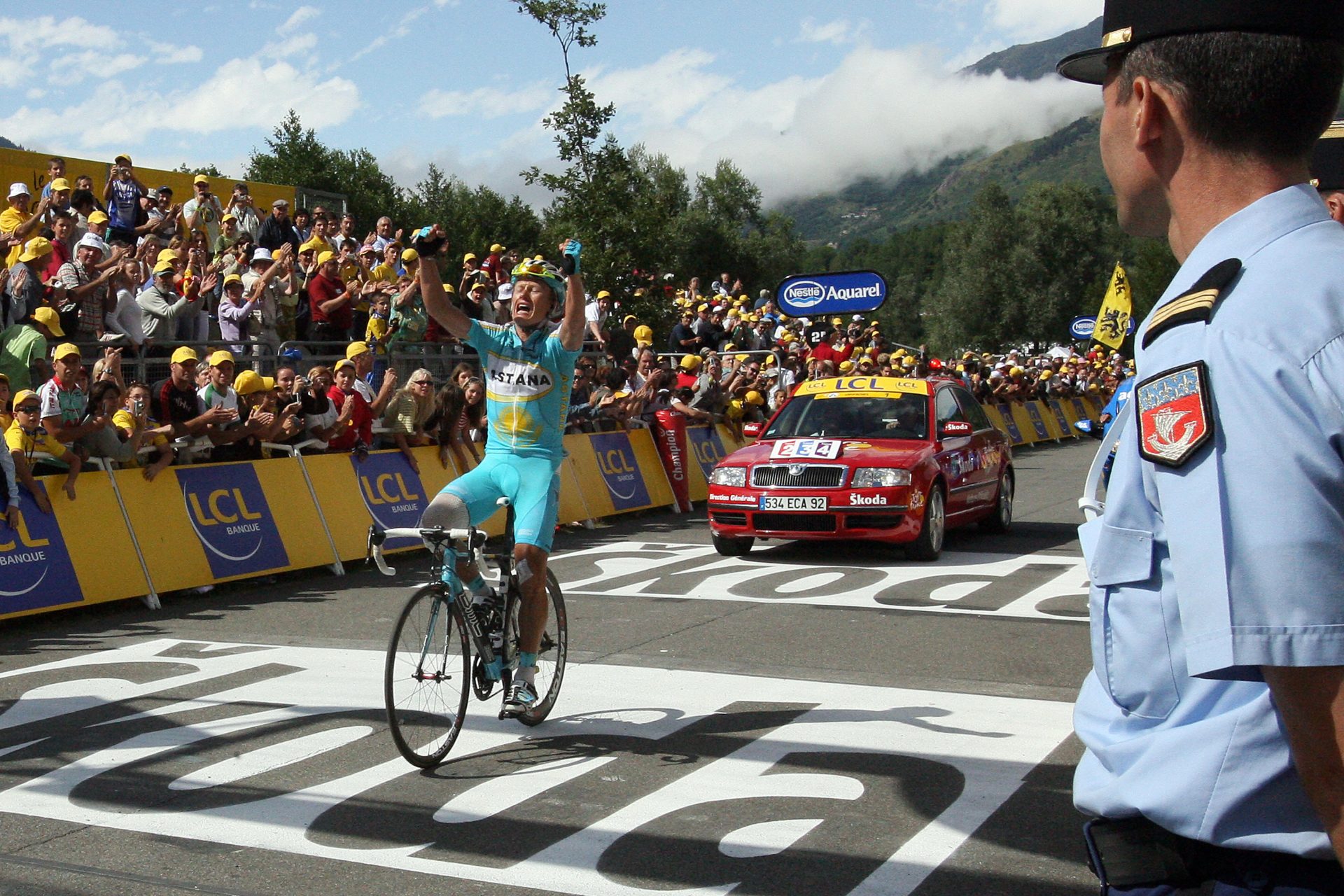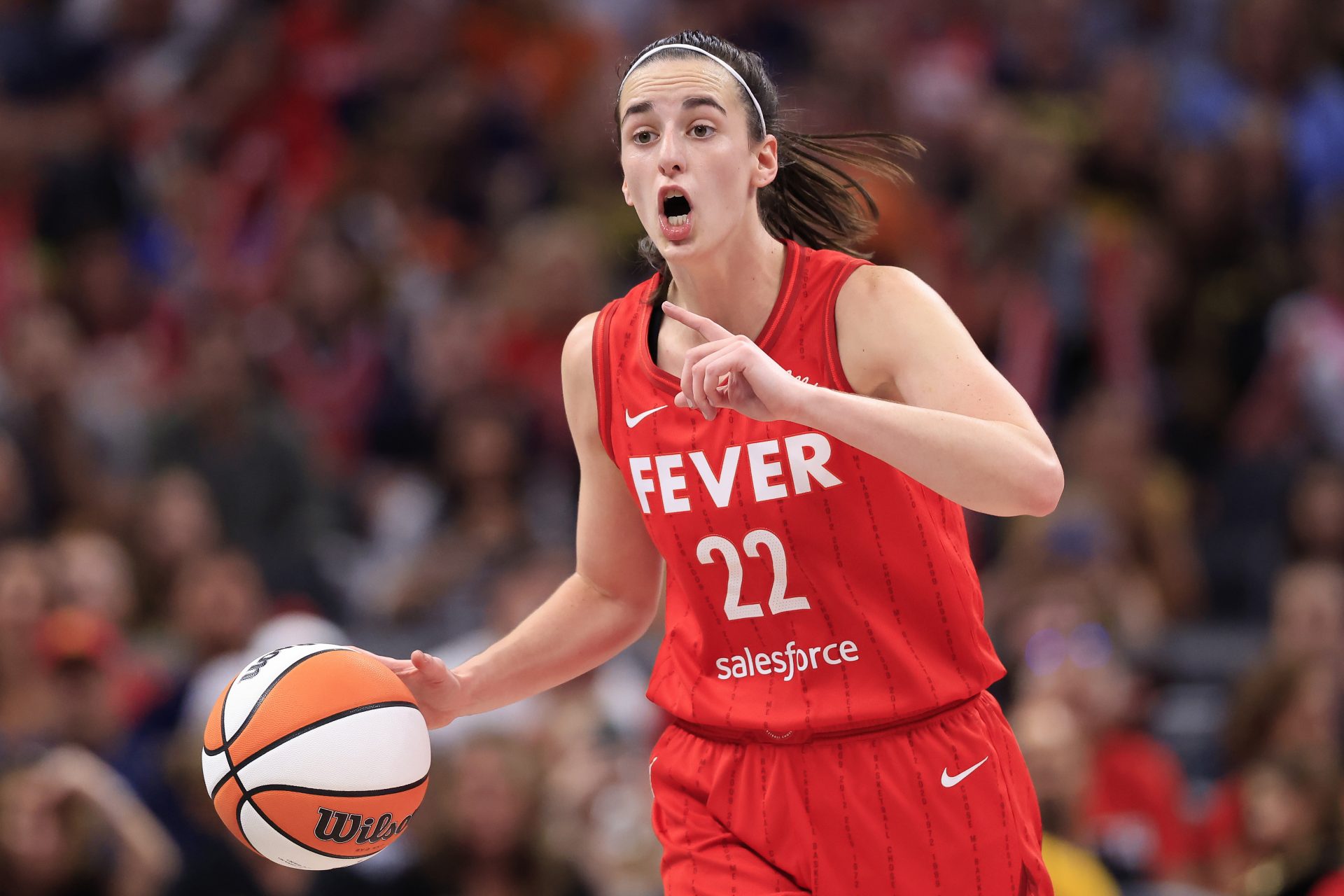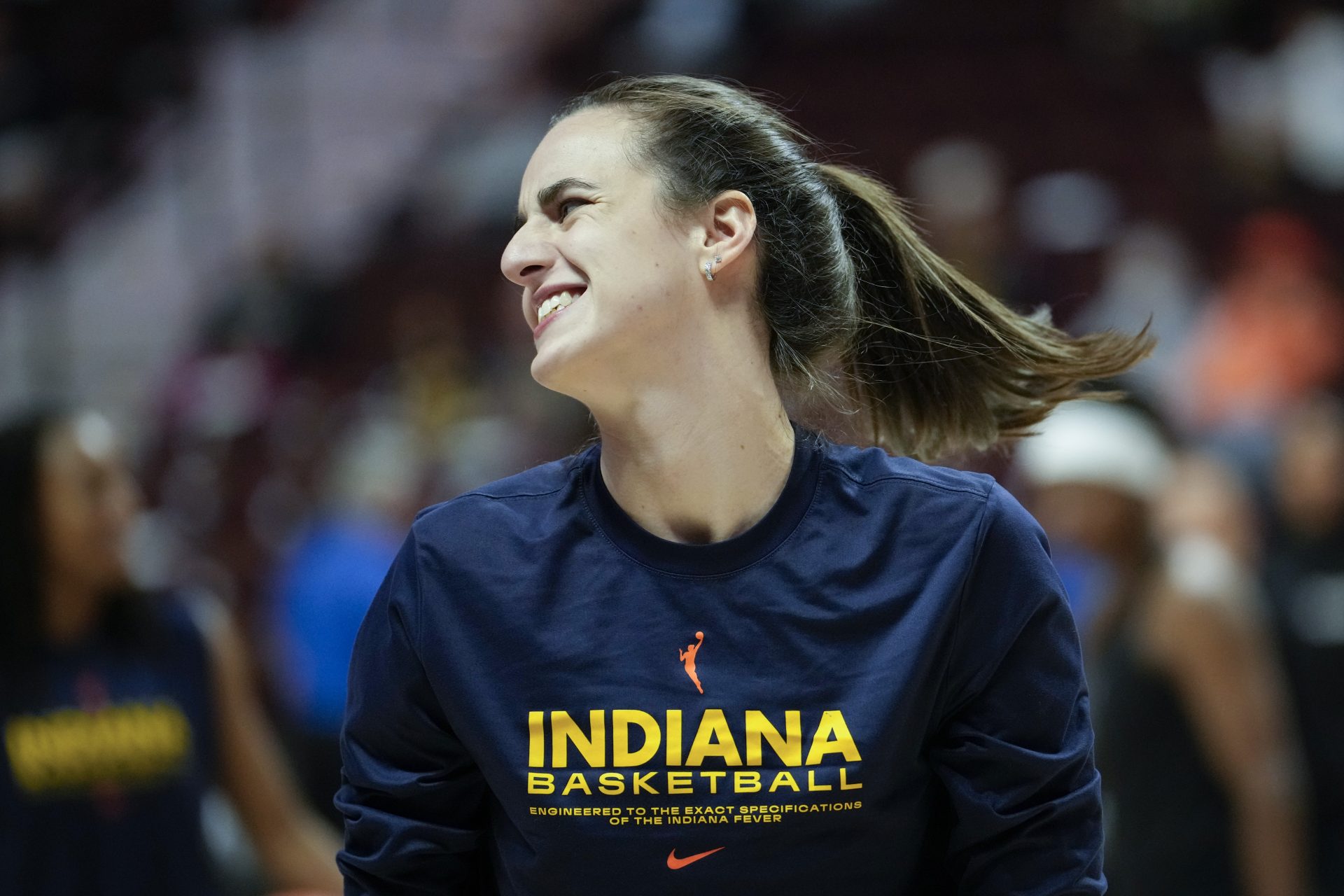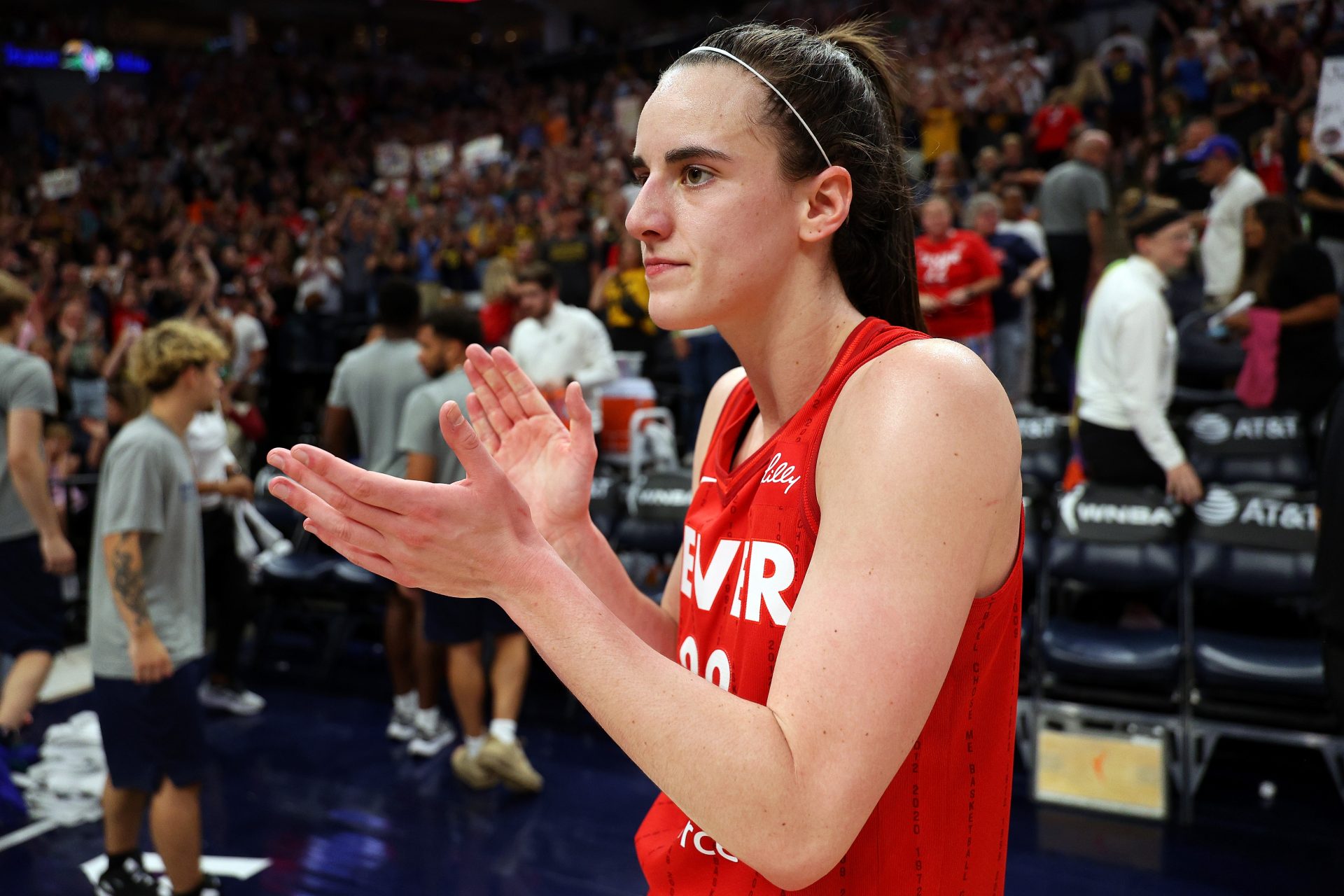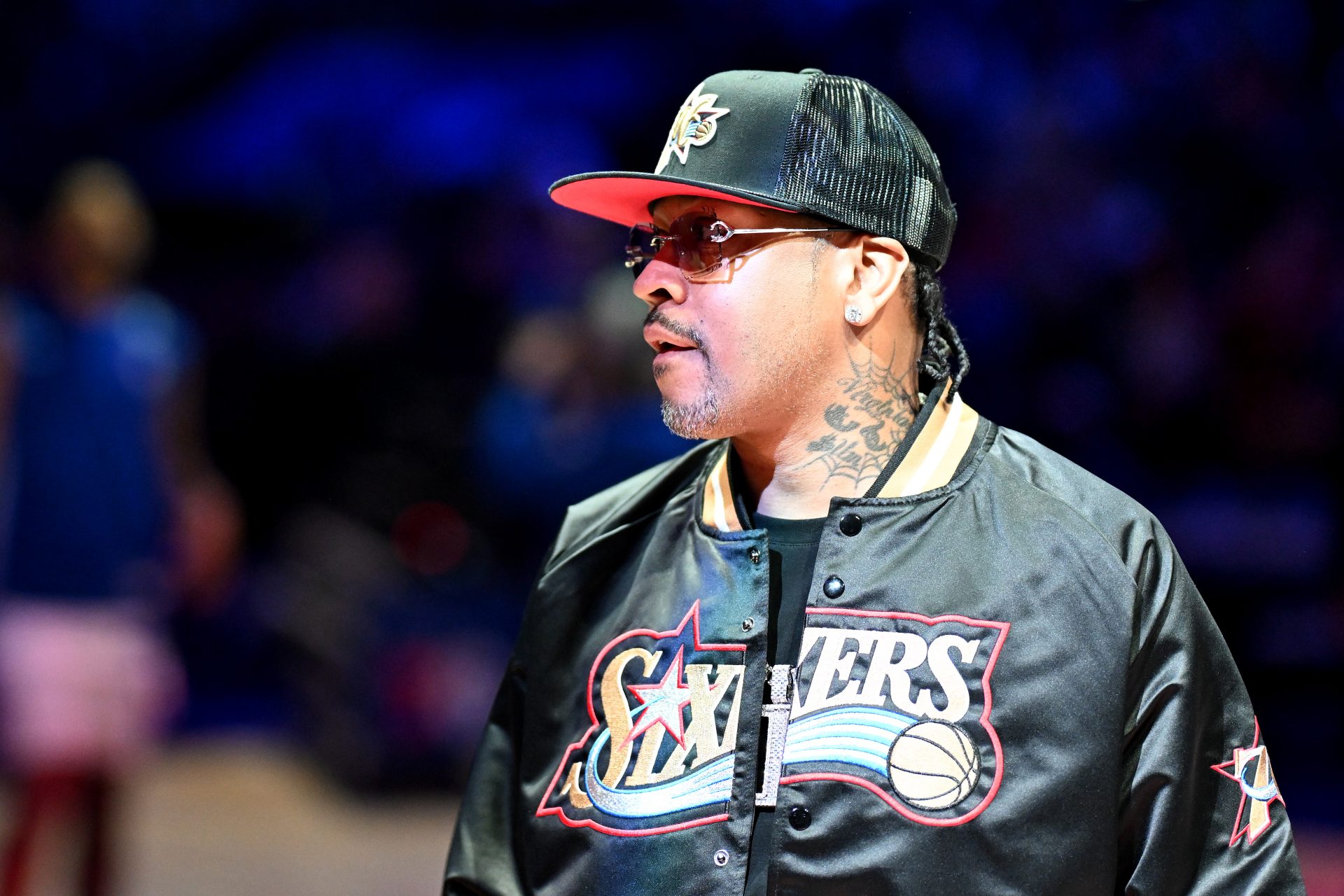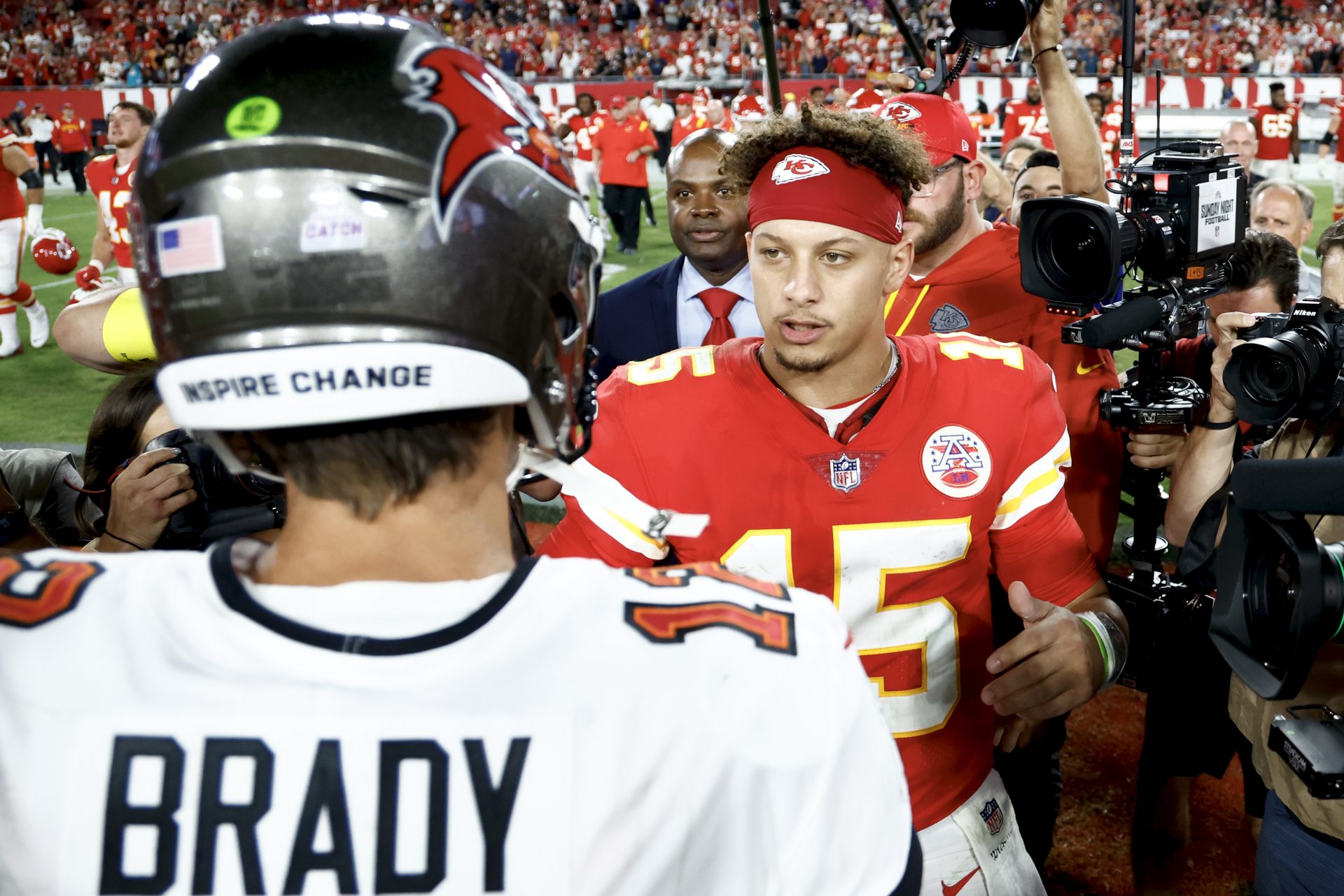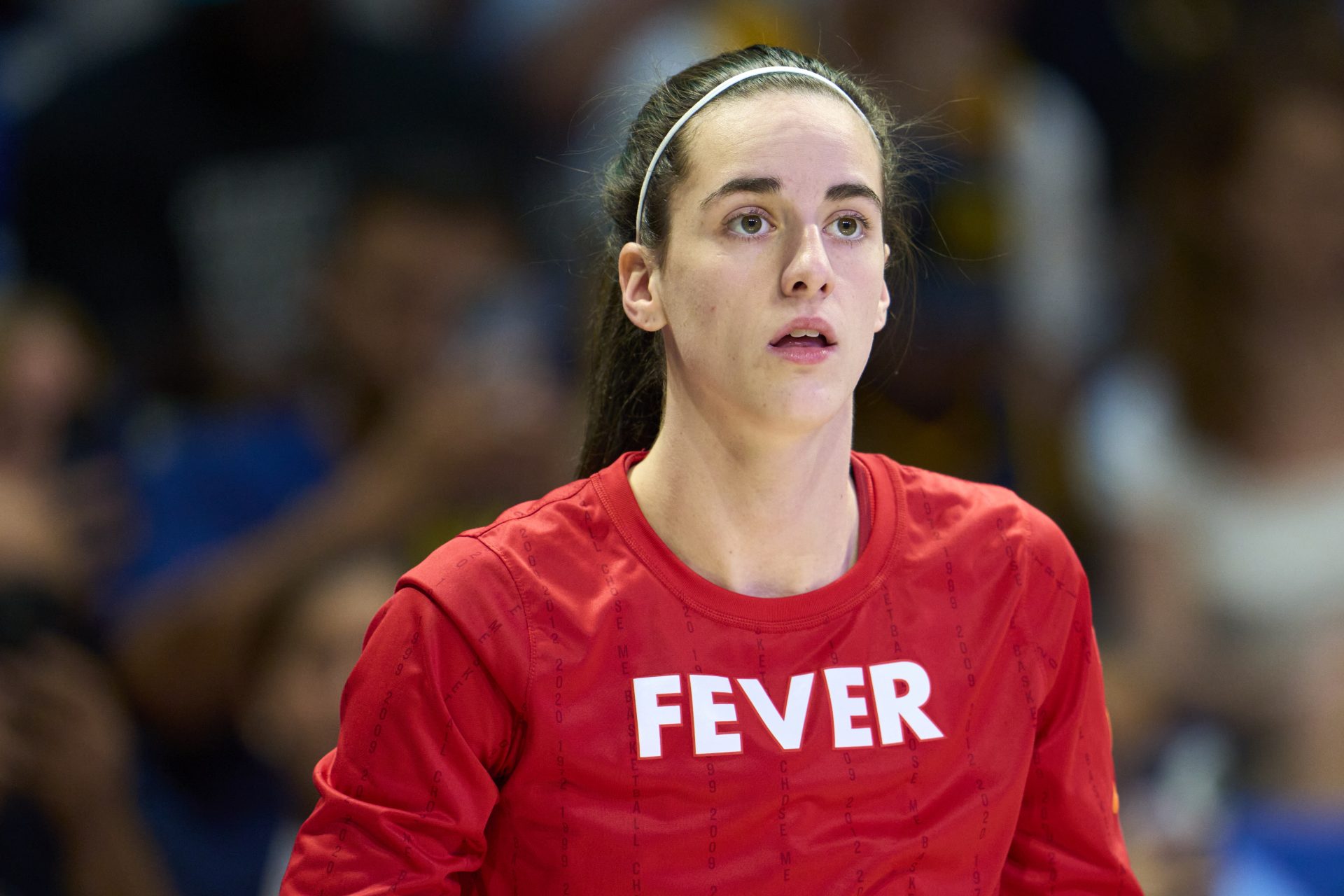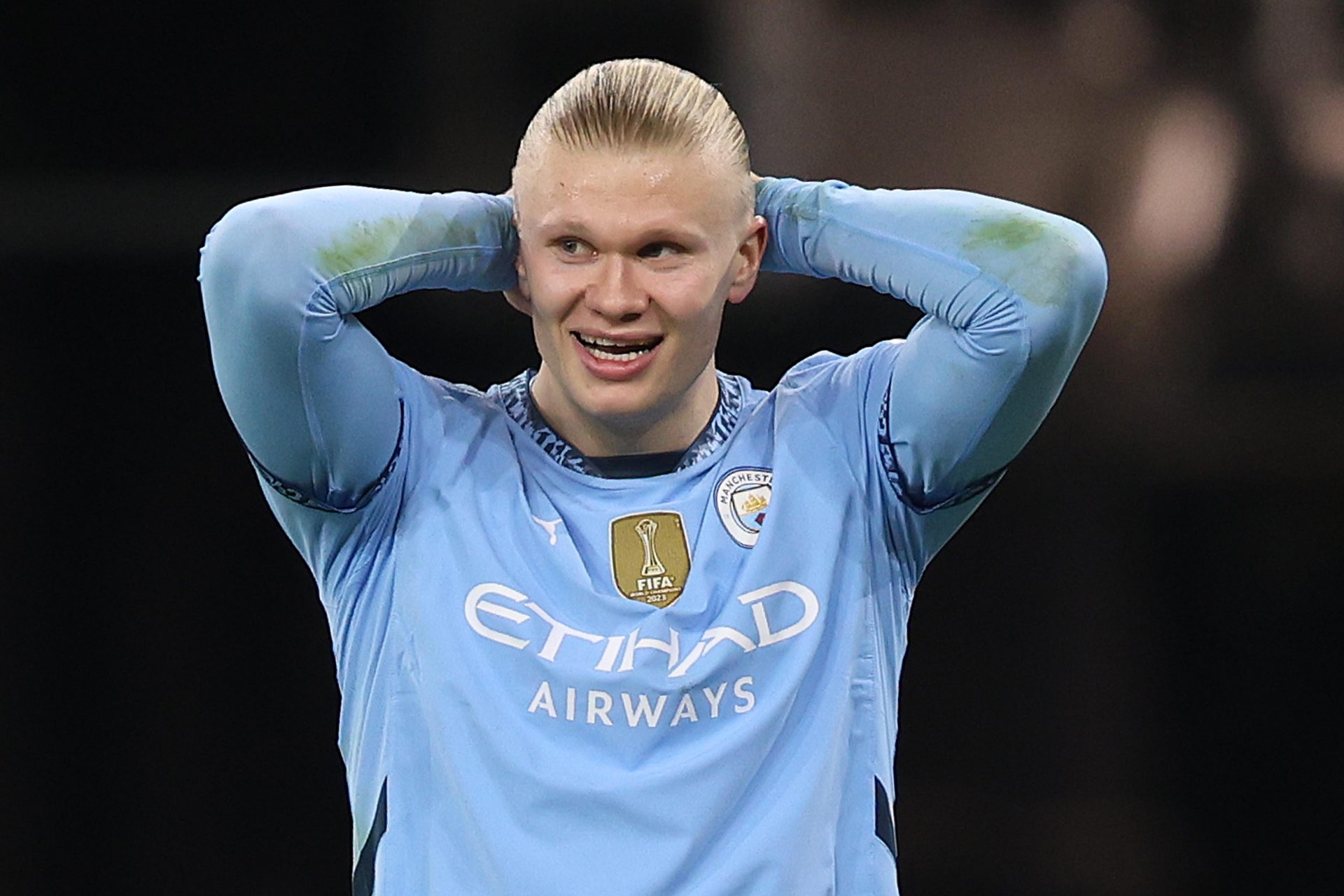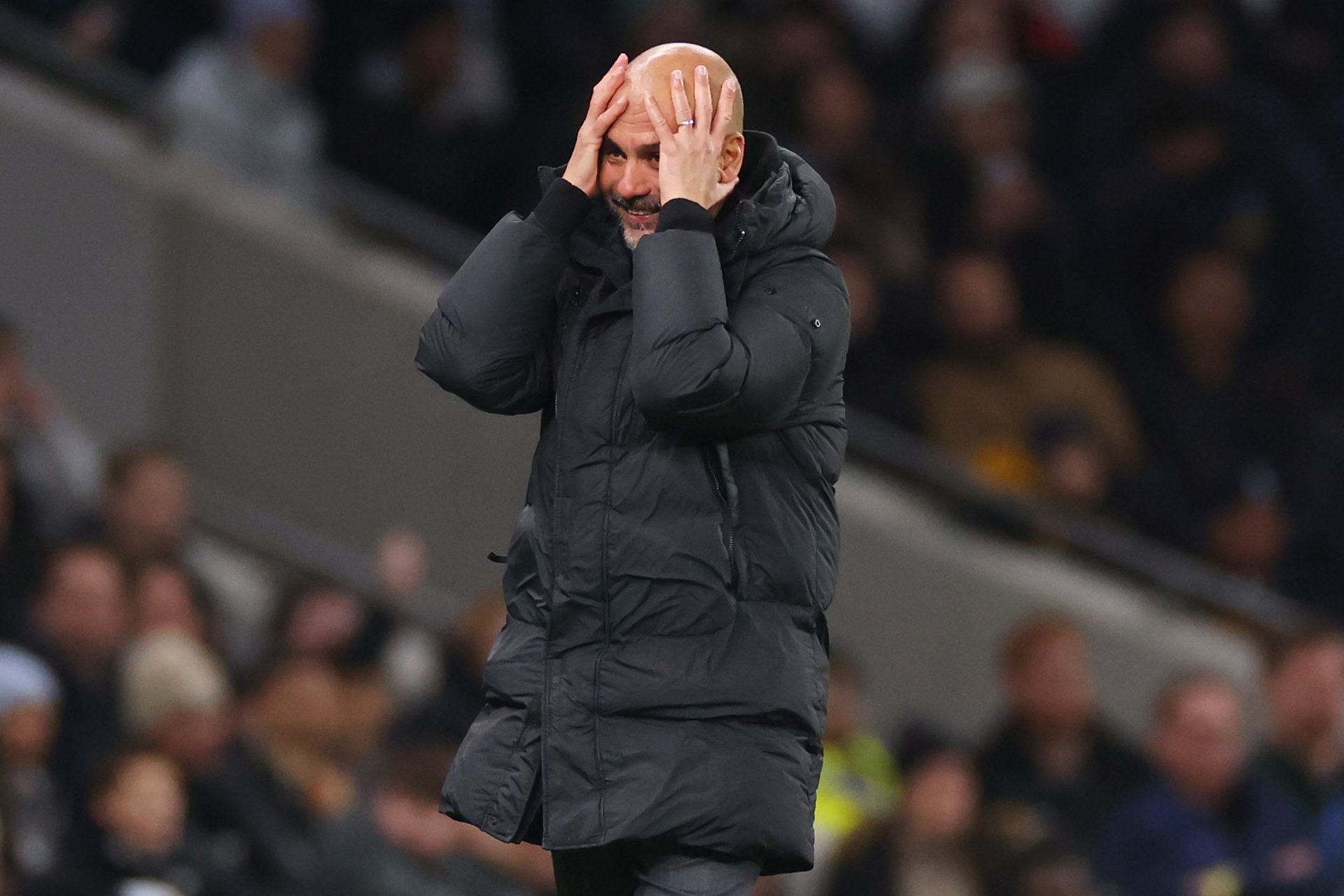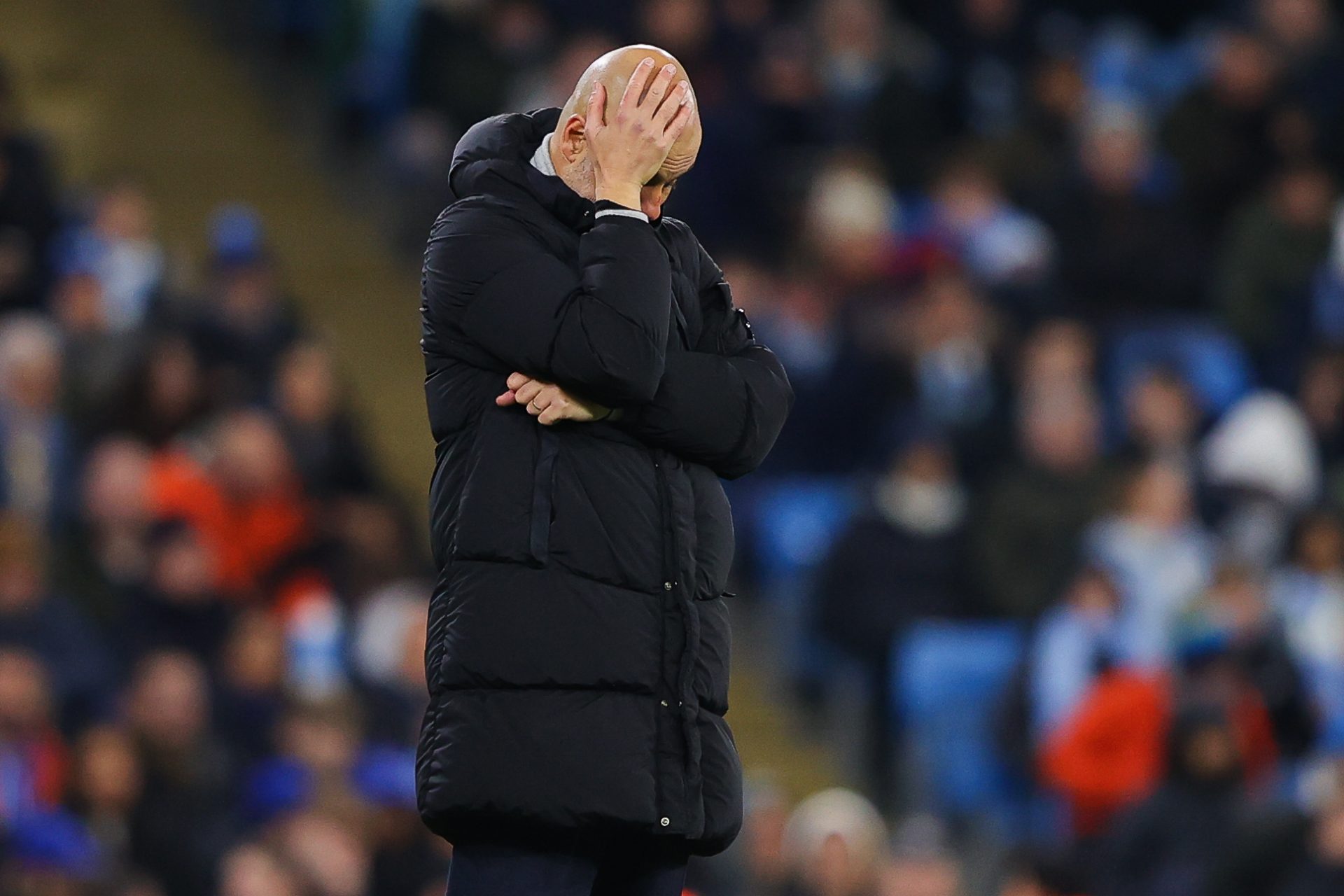Alexander Vinokourov, one of cycling's most controversial stars
Despite having a career most could only dream of, Alexander Vinokourov is a name that sits a little uncomfortably with cycling fans.
Vinokourov won several stages in the Tour de France, but experienced his absolute highlight at the 2012 London Olympics, when he broke away with Colombian Rigoberto Uran.
The two men, considered outsiders before the race, resisted the return of the peloton, and the Kazakh surprised his opponent by launching the sprint first. Vinokourov became his nation's first Olympic cycling champion, to everyone's surprise.
Want to see more like this? Follow us here for daily sports news, profiles and analysis!
After the race, the 39-year-old announced his retirement at the end of the season. It was the end of a career marred by numerous doping scandals.
An important figure in Kazakhstan and the Astana team, Vinokourov has left a lasting impression. From his beginnings in France to his Olympic title, let's take a look back at the eventful career of 'Vino'.
Unlike many Kazakhs who begin their careers in their homeland, Vinokourov made his debut in France, at the EC Saint-Étienne Loire team in 1997, aged 24.
After winning several amateur races, the French team Casino decided to recruit him in 1998. In full expansion, the team had an exceptional season, finishing second in the UCI team ranking, largely thanks to their recruit's excellent results, who won the Four Days of Dunkirk.
In 1999, the Kazakh continued his success by winning the Critérium du Dauphiné Libéré. In 2000, he joined T-Mobile and won a silver medal at the Sydney Olympics, behind Jan Ullrich.
Despite his good results, he did not establish himself as a leader in the team, which was dominated by Ullrich. He did, however, win a stage in the Tour of Spain that year, his first in a grand tour.
In 2002, 'Vino' distinguished himself by winning Paris-Nice, but was forced to retire from the Tour de France after a crash. However, Ullrich's departure enabled him to become team leader in 2003.
This new status suited the Kazakh perfectly, and he won Paris-Nice, the Amstel Gold Race and the Tour of Switzerland. In La Grande Boucle, he won a stage and finished third behind Lance Armstrong and Jan Ullrich.
In 2004, Ullrich returned to T-Mobile and the relationship between the two men was not optimal. After winning Liège-Bastogne-Liège and two stages in the Tour de France in 2005, 'Vino' decided to leave the team and join Liberty Seguros.
Unfortunately, his adventure with his new team got off to a bad start, as the team was banned from the Tour de France following the Operación Puerto doping scandal. After that, the team was bought by a Kazakh sponsor: Astana.
Vinoukourov decided to focus on the Tour of Spain instead, which he won ahead of Alejandro Valverde. It was his first grand tour victory at the age of 33.
However, since the Operación Puerto affair, there had been major suspicions surrounding the Astana team. The Kazakh nevertheless competed in the Tour in 2007 and won two stages despite a serious crash on the fifth day.
Want to see more like this? Follow us here for daily sports news, profiles and analysis!
On 23 July, he won the queen stage in the Pyrenees, but the following day, the French newspaper L'Équipe revealed that the rider had failed a doping test for homologous transfusion on 21 July. Astana decided to withdraw from the Tour, but 'Vino' maintained his innocence.
Sacked by Astana and banned by the UCI (two years) and the Kazakh Federation, Vinokourov announced the end of his career in 2007, vowing to restore his honour. In October 2008, he expressed his desire to make a comeback with Astana, but the UCI refused.
On 24 July 2009, after a two-year ban, the rider finally returned to Astana. His made an excellent comeback and won Liège-Bastogne-Liège ahead of Alexandr Kolobnev, after breaking away in the last 500 metres.
Shortly afterward, however, Swiss magazine L'Illustré claimed that the Kazakh had offered Kolobnev 100,000 euros (£87,000/$106,000) to let him win and published extracts from emails exchanged between the two riders. The magazine also announced that it had proof of a bank transfer between the two men.
The magazine also claimed that the widow of Andrei Kivilev, a rider who died in Paris-Nice, was preparing to make revelations confirming that Vinokourov was a cheat. These were never made, but public opinion took a dim view of the affair.
In 2010, he won a stage in the Tour, but was mainly a domestique for his leader Alberto Contador. He then announced that the 2011 Tour would be his last and stated his ambitions to wear the yellow jersey.
Unfortunately, he crashed and seriously injured himself during the ninth stage. He subsequently announced the end of his career, before reconsidering his decision. He then took part in the Tour in 2012, but failed to win any stages.
As a result, he arrived at the Olympics in less good physical shape. However, in a disjointed race, he managed to break away with Rigoberto Uran and win a rather unusual sprint, taking advantage of a lapse in concentration by the Colombian.
This success marked the last major achievement in the career of the Kazakh, who finally retired for the third (and final) time in 2012. He followed this up in 2013 by becoming general manager of Astana.
At the same time, Vinokourov tried his hand at politics by attempting to become a member of parliament in Kazakhstan.
On 19 June 2018, he stood trial with Alexandr Kolobnev in the Liège-Bastogne-Liège case. Although bank transfers were revealed, the two men were ultimately acquitted. Despite this, he was requested to pay a 100,000 euros (£87,000/$110,000) fine, while Kolobnev faced a fine of 50,000 euros (£43,500/$55,000), according to ESPN.
In 2021, sponsor Premier Tech requested Vinokourov's departure due to internal conflicts within the team. The Kazakh finally returned to the team in 2022, after the sponsor had withdrawn.
Vinokourov is still a great sportsman, having won the Ironman World Championship title in Nice in 2023 in the 50-54 age category.
His doping and cheating scandals have made Vinokourov a very divisive rider, hated by some fans. Now general manager of Astana Qazaqstan Team, however, he is the team's figurehead.
Want to see more like this? Follow us here for daily sports news, profiles and analysis!
More for you
Top Stories



